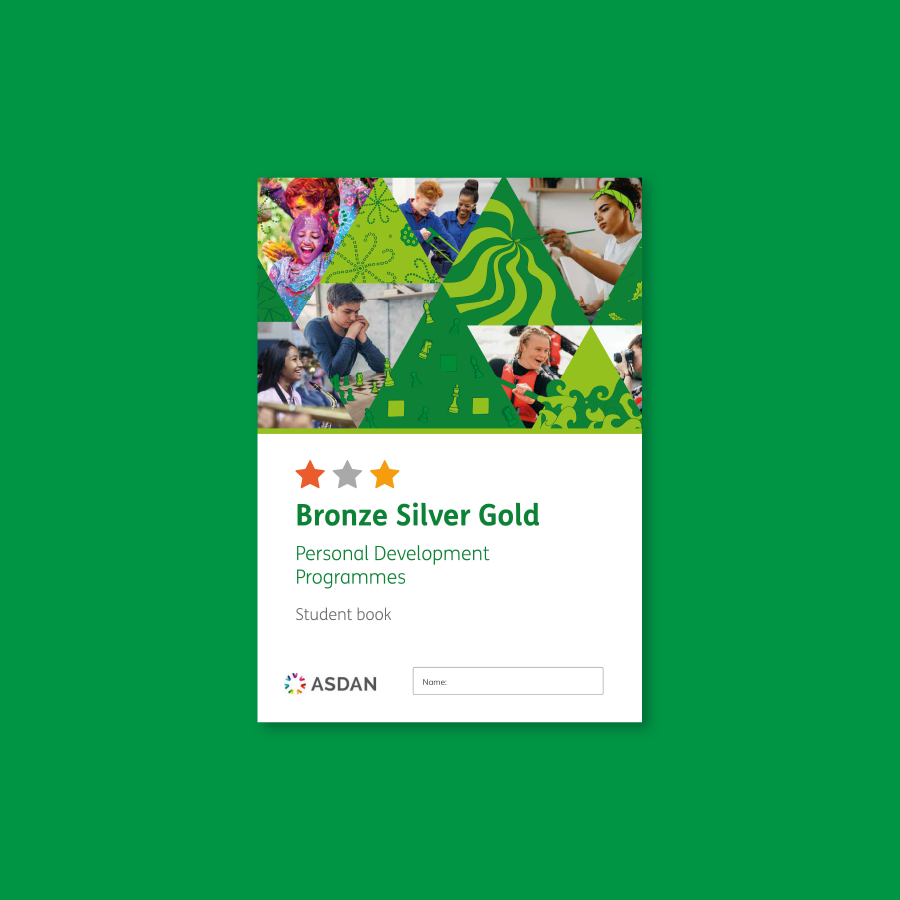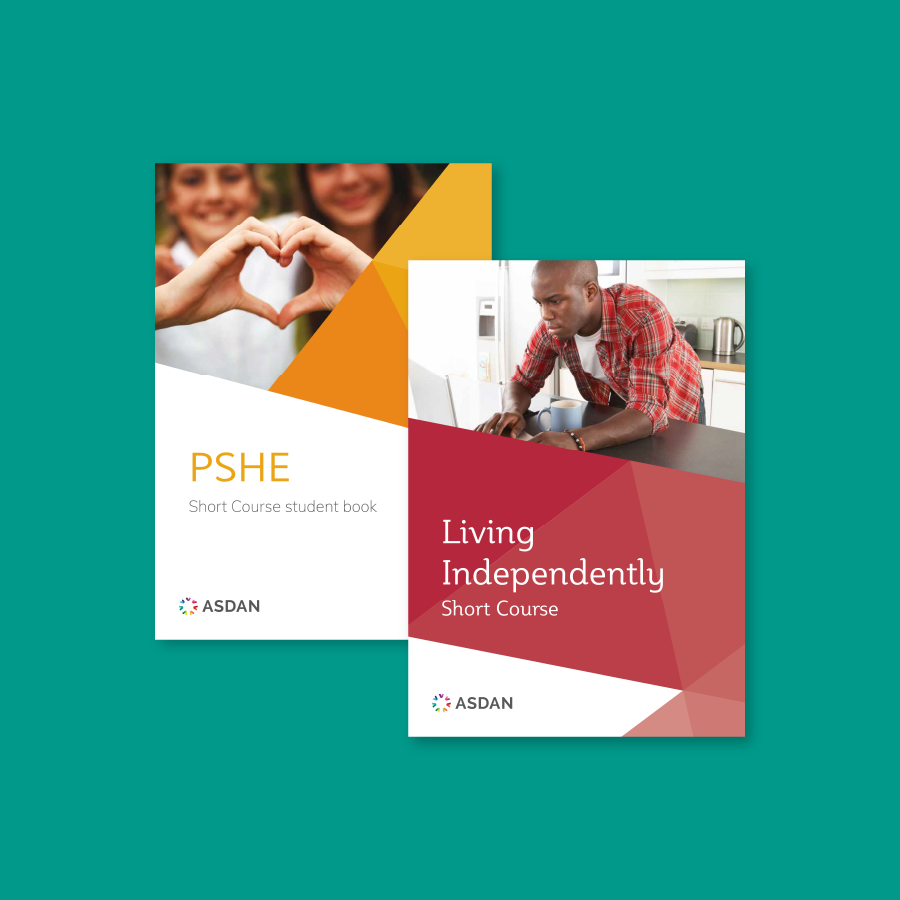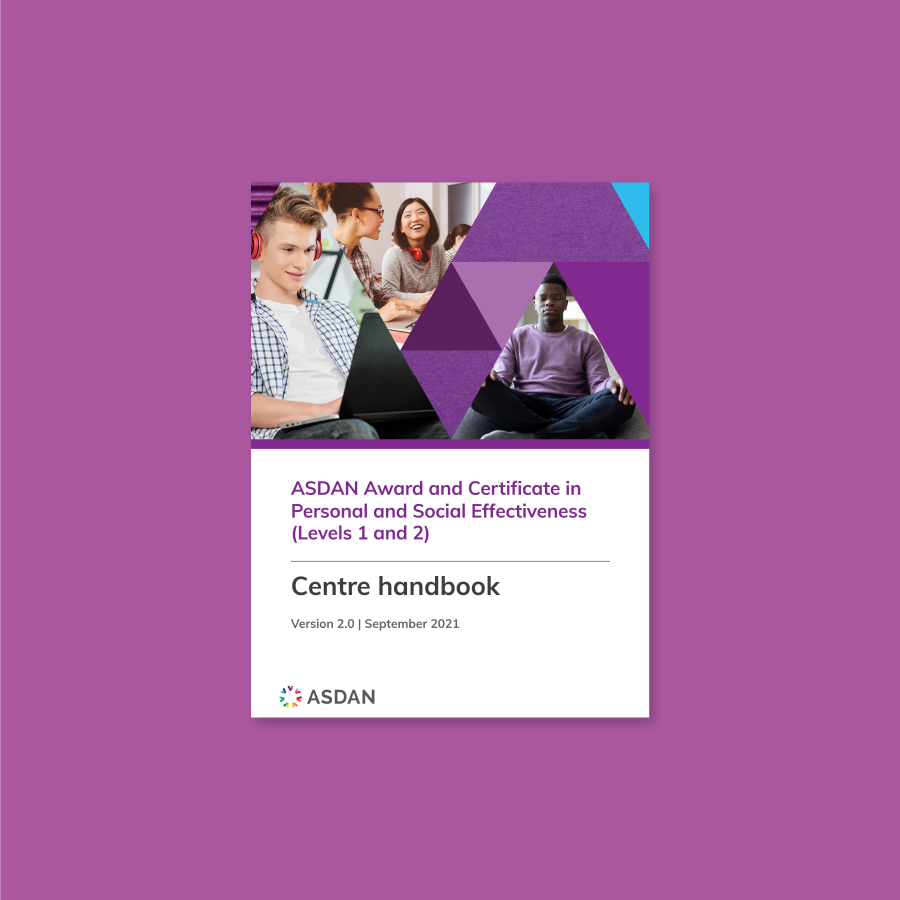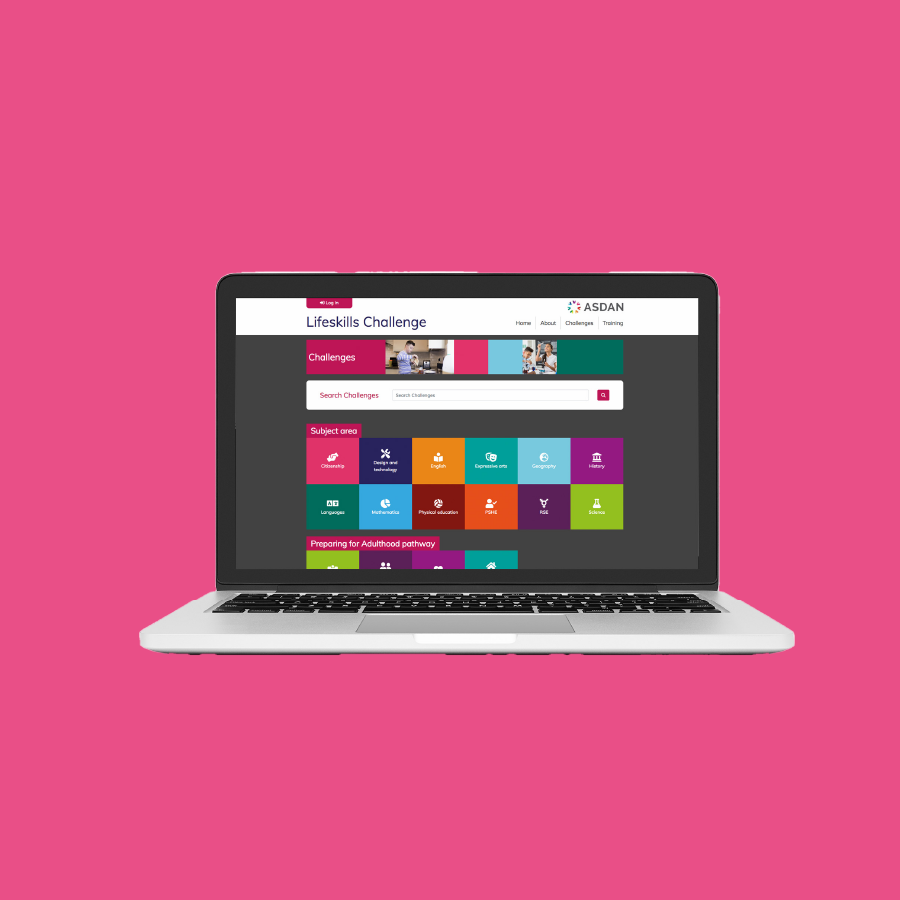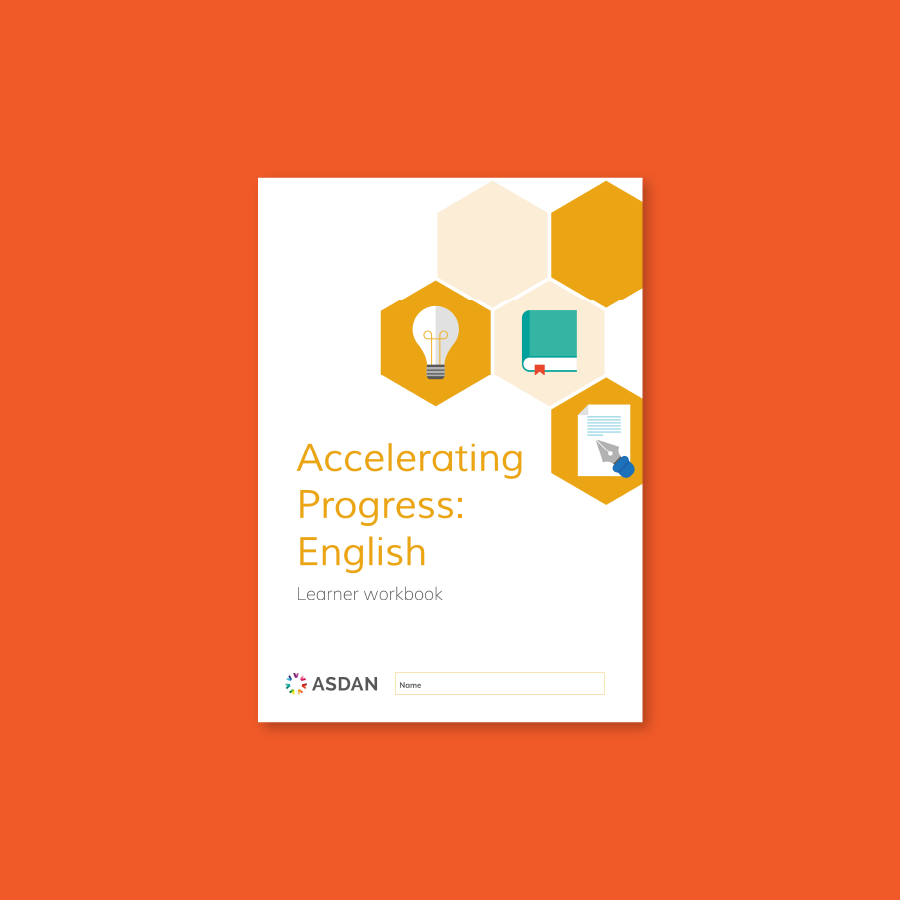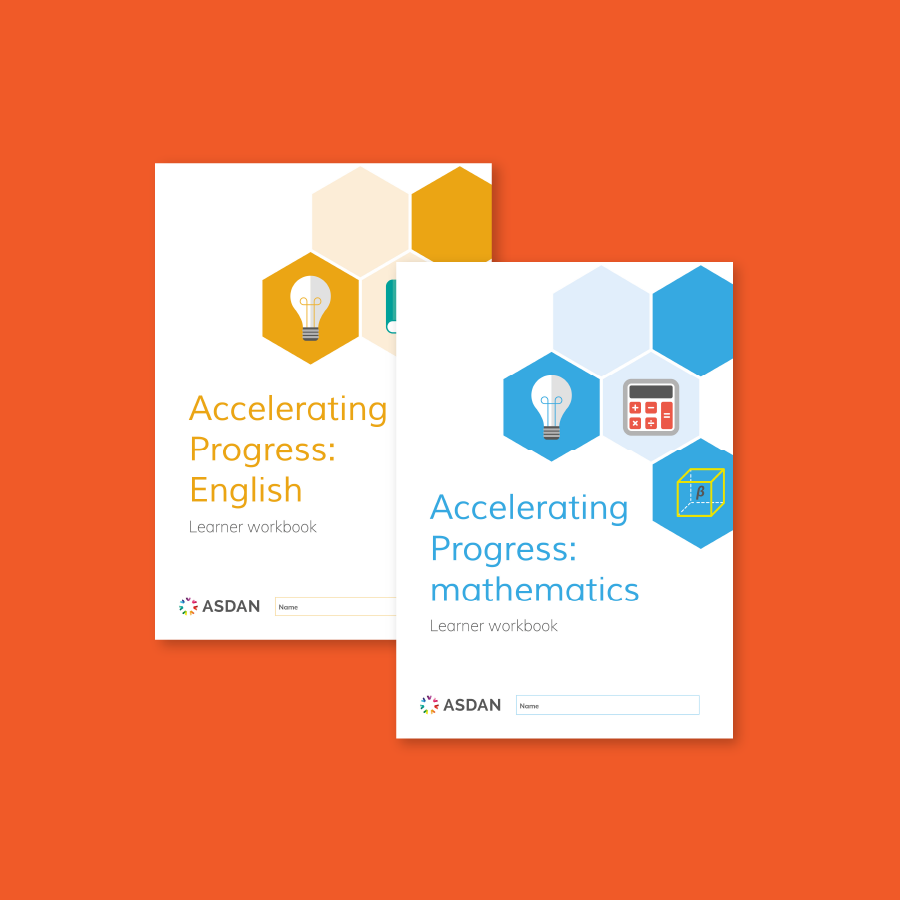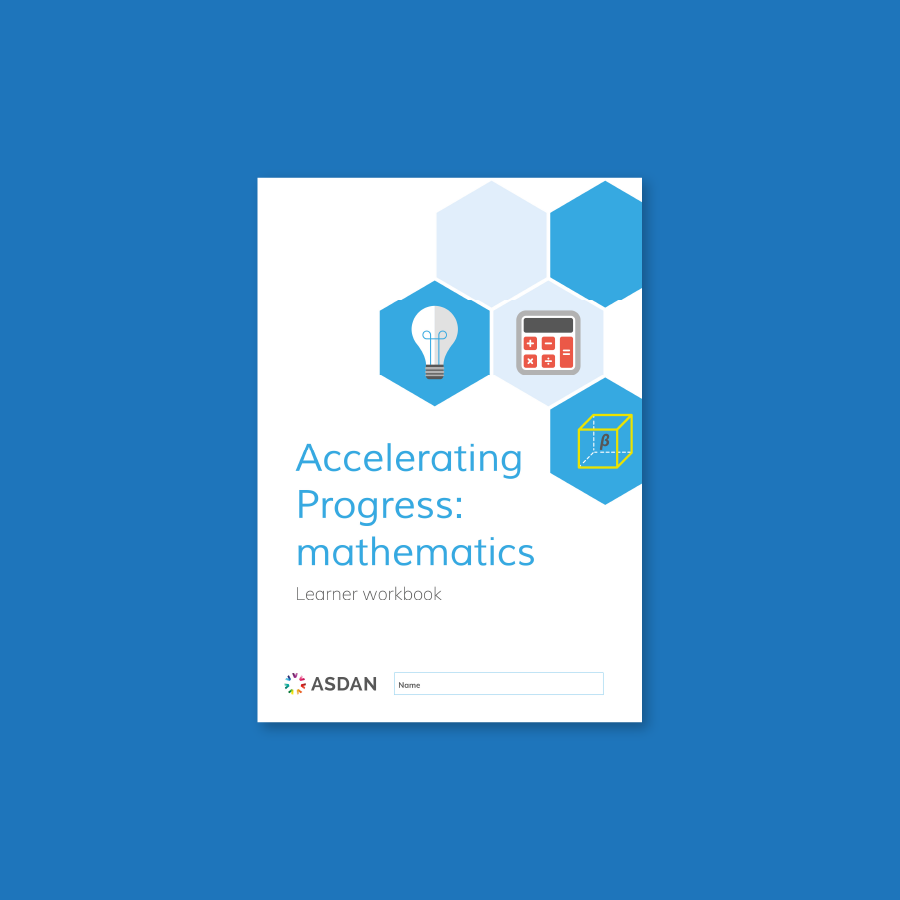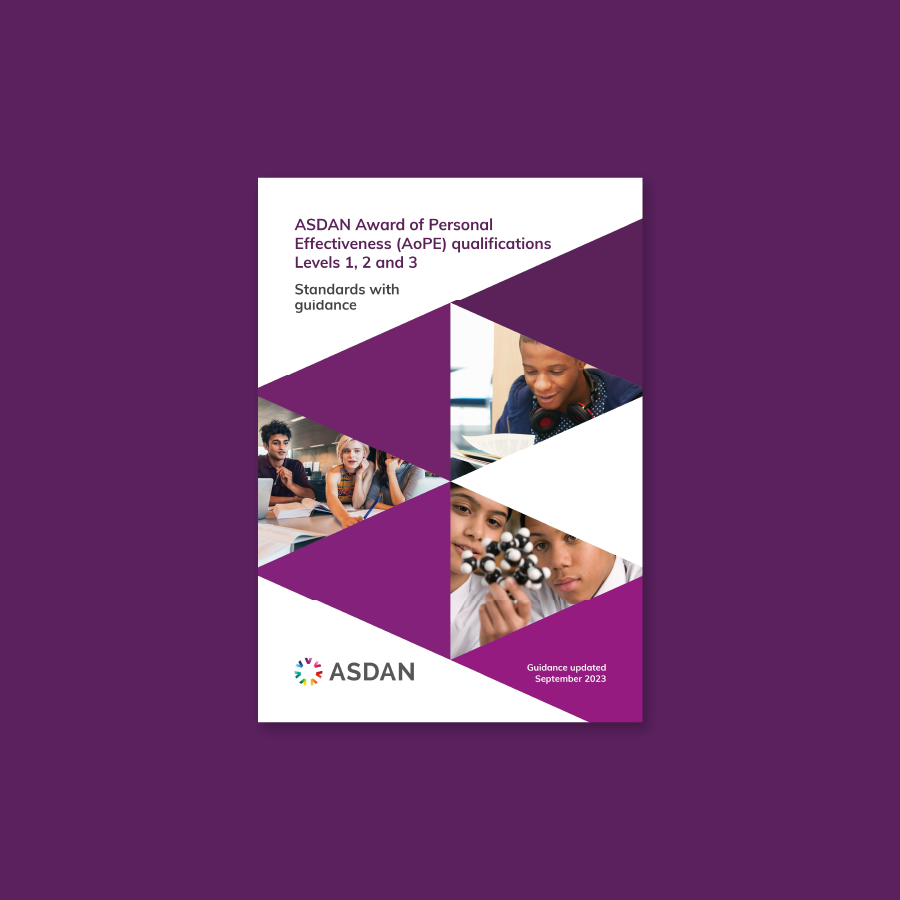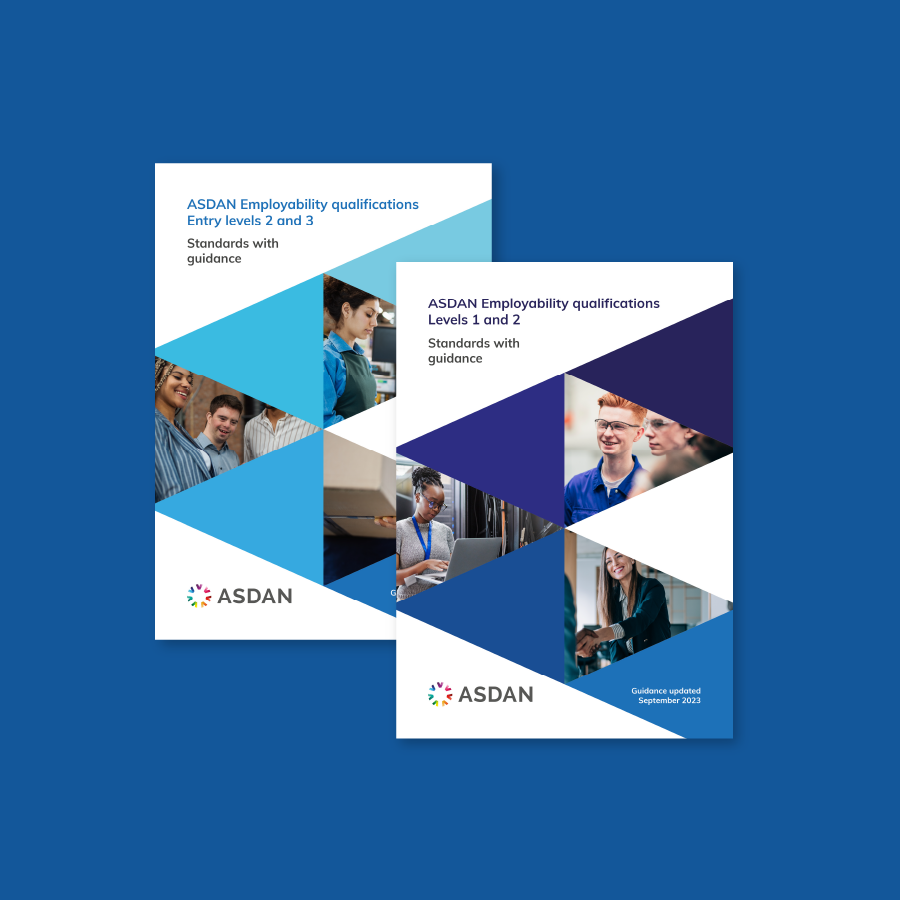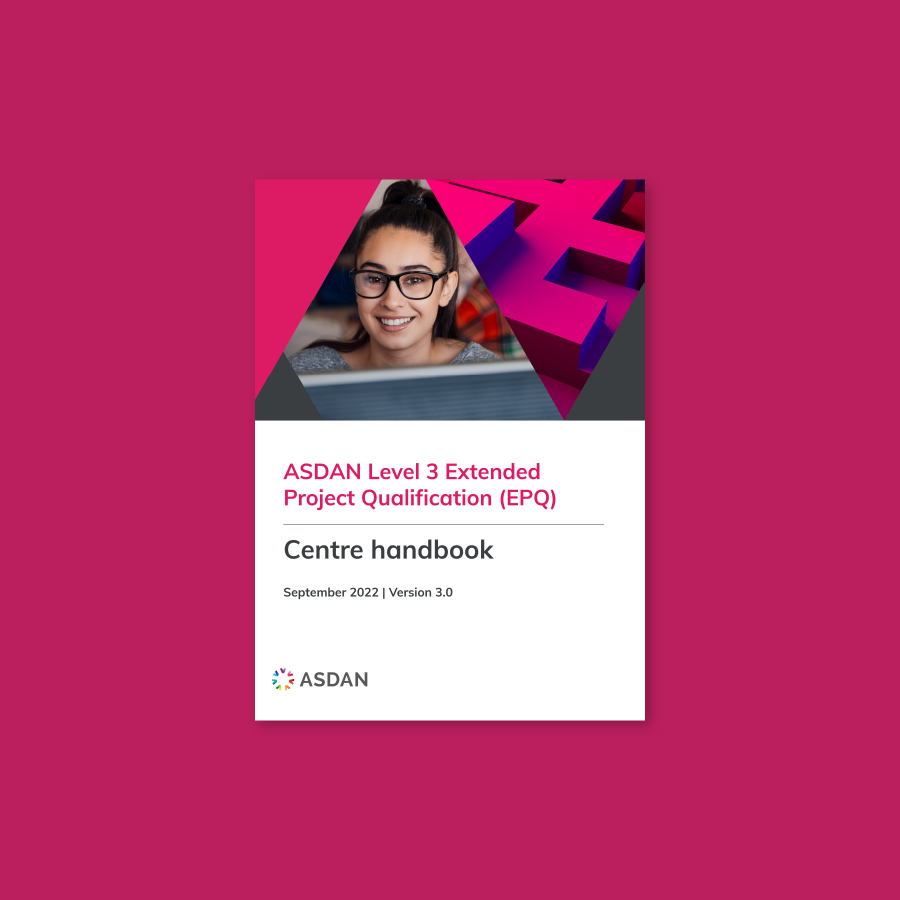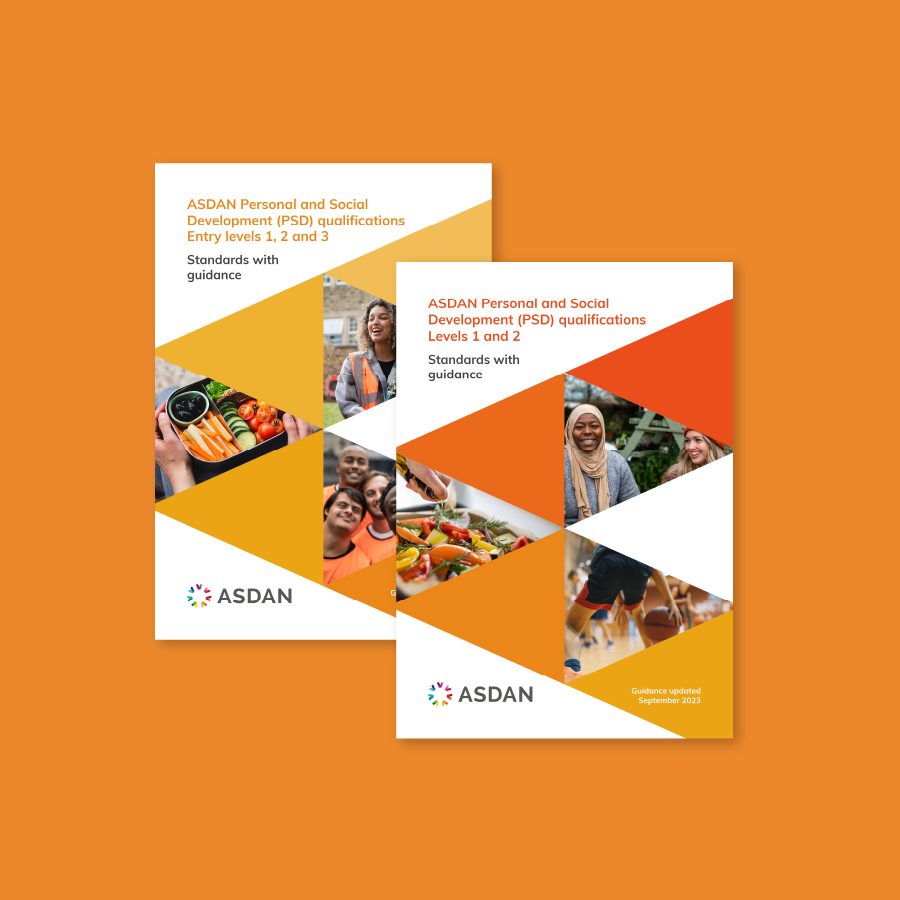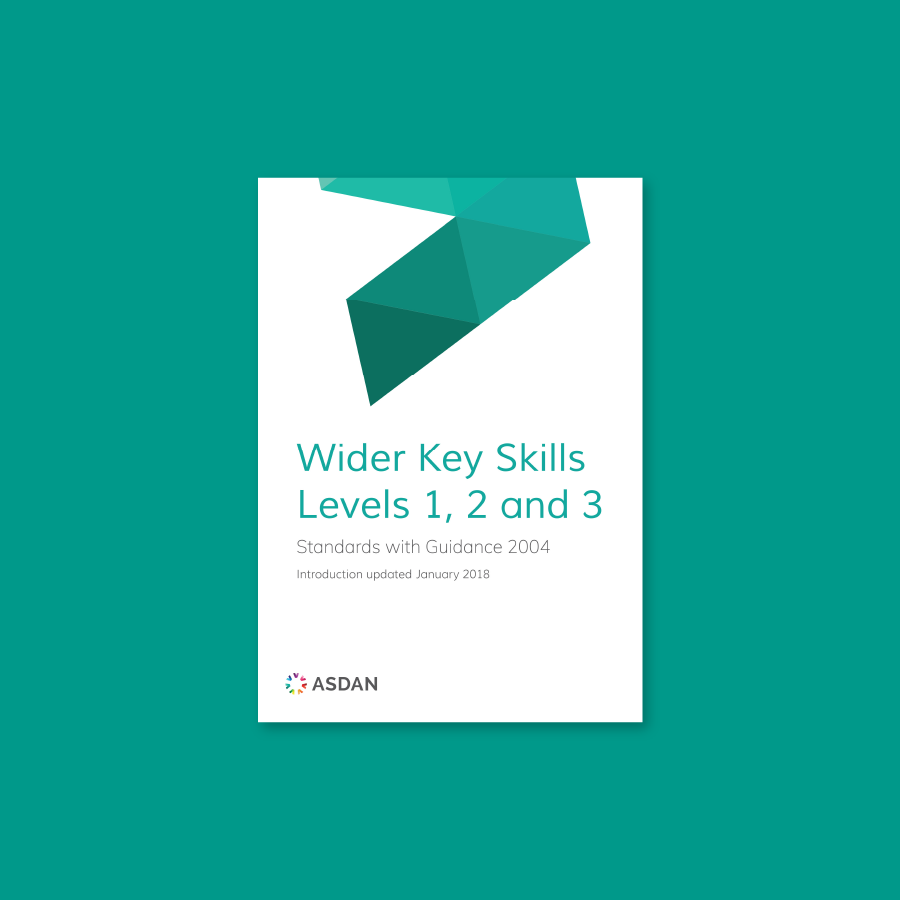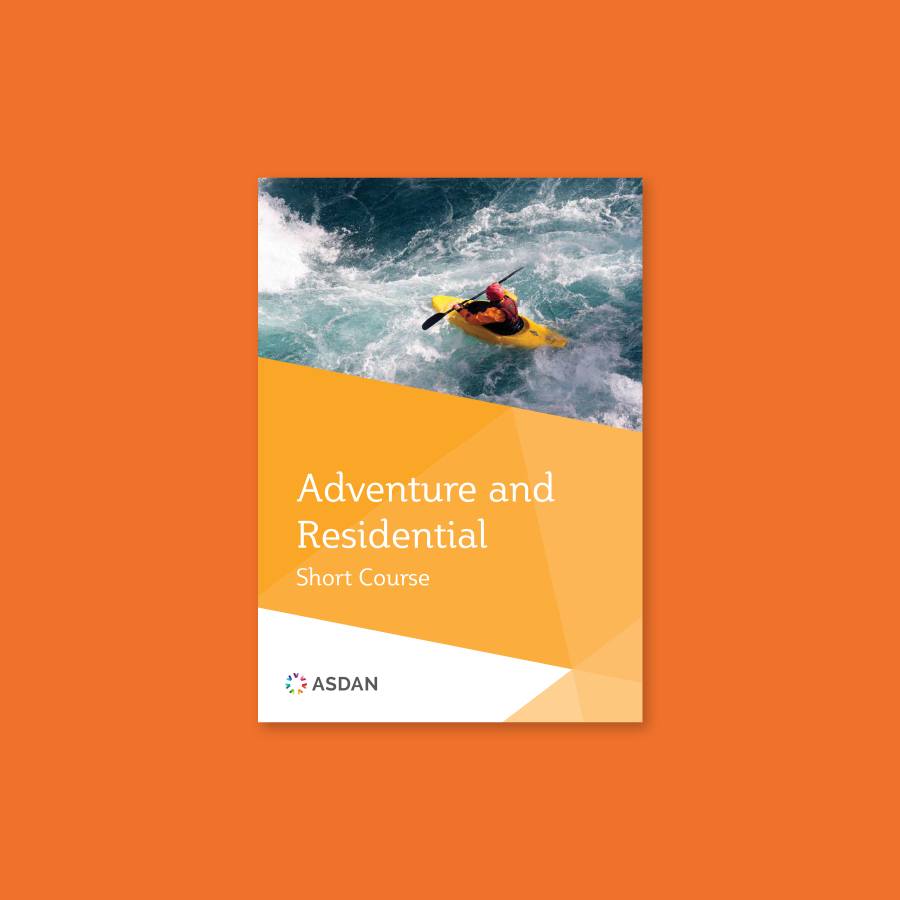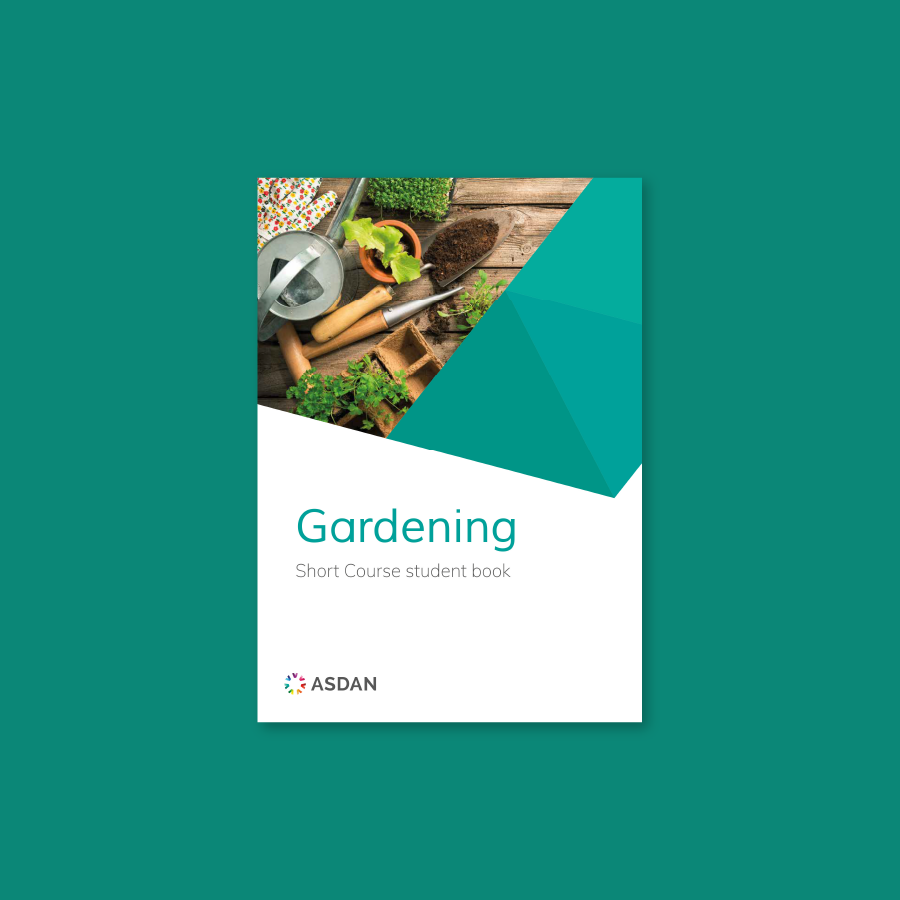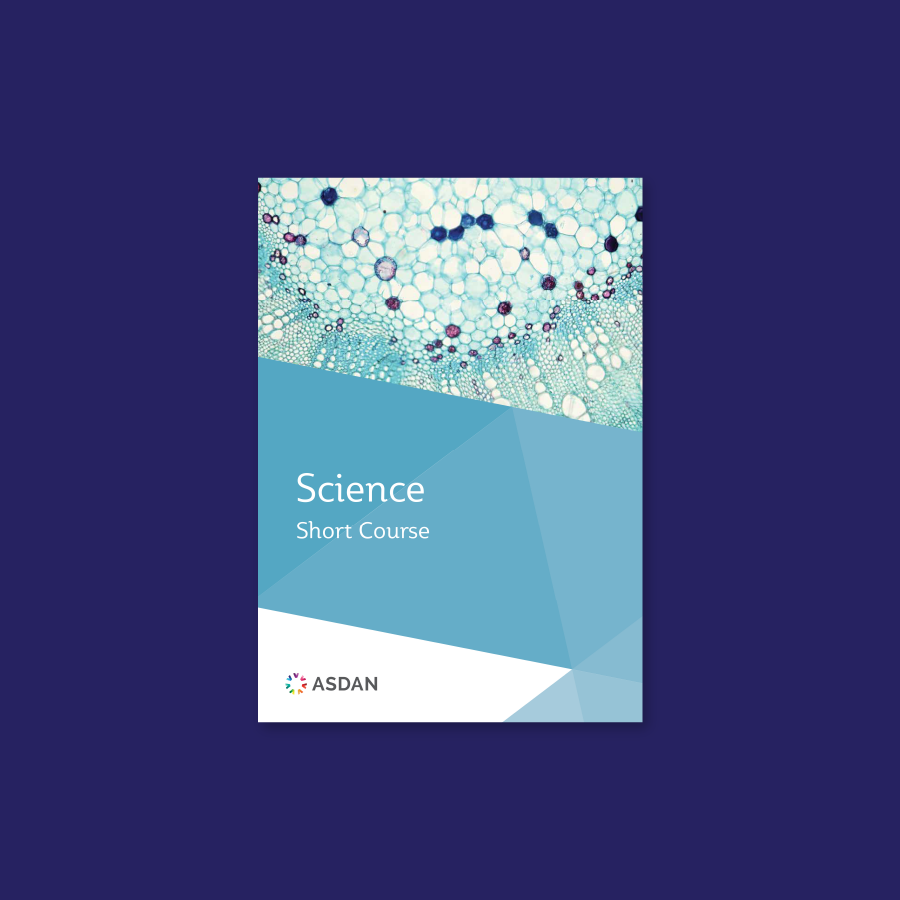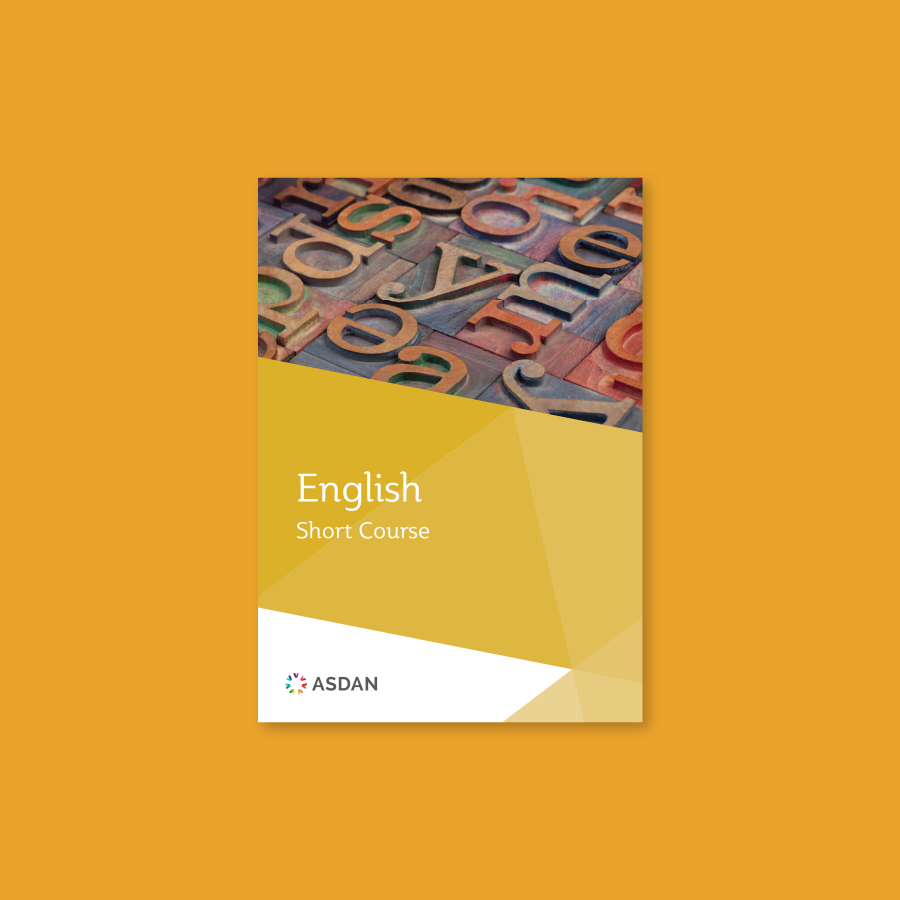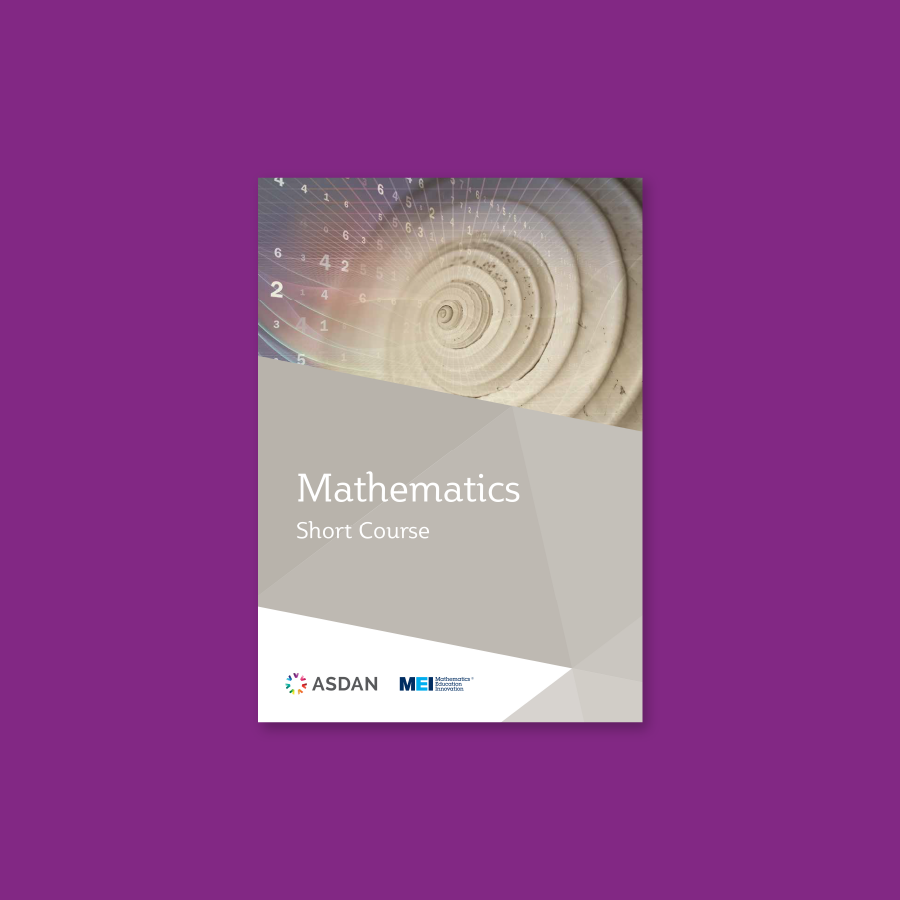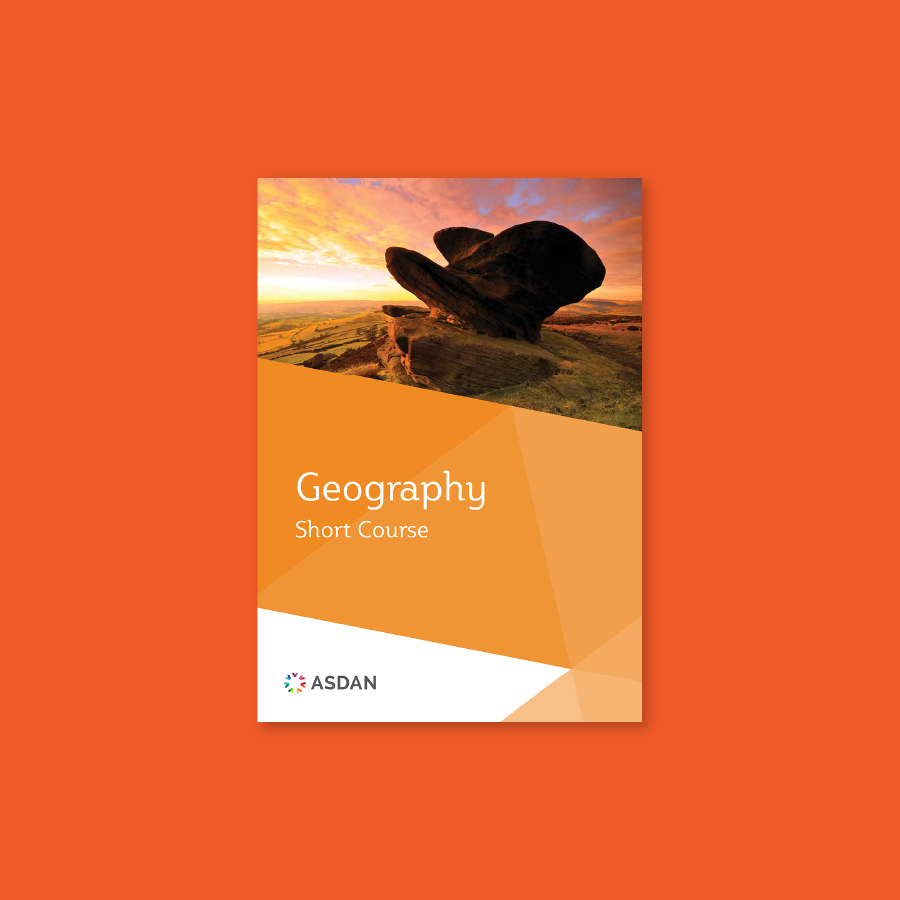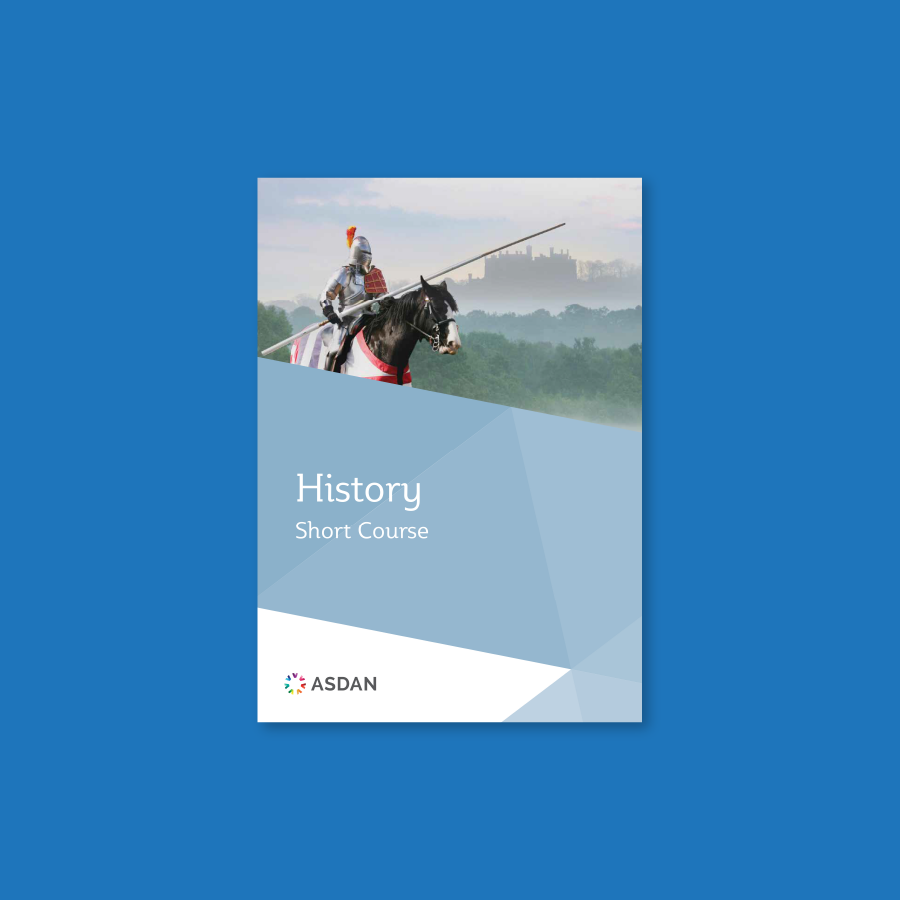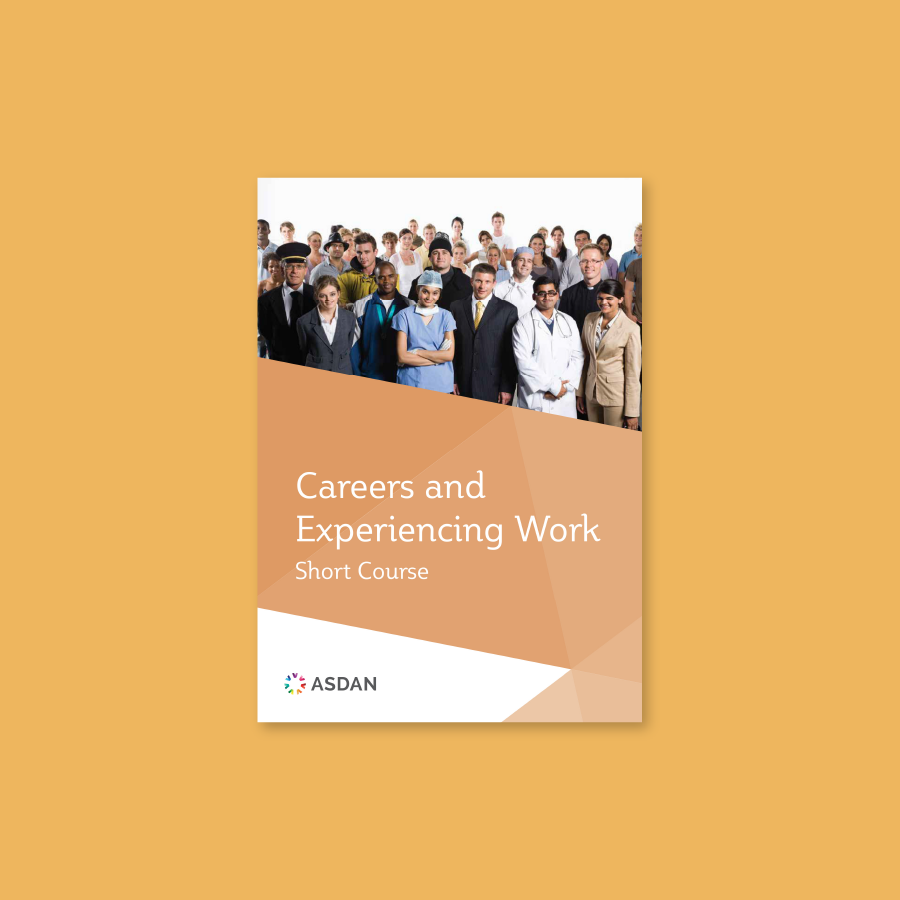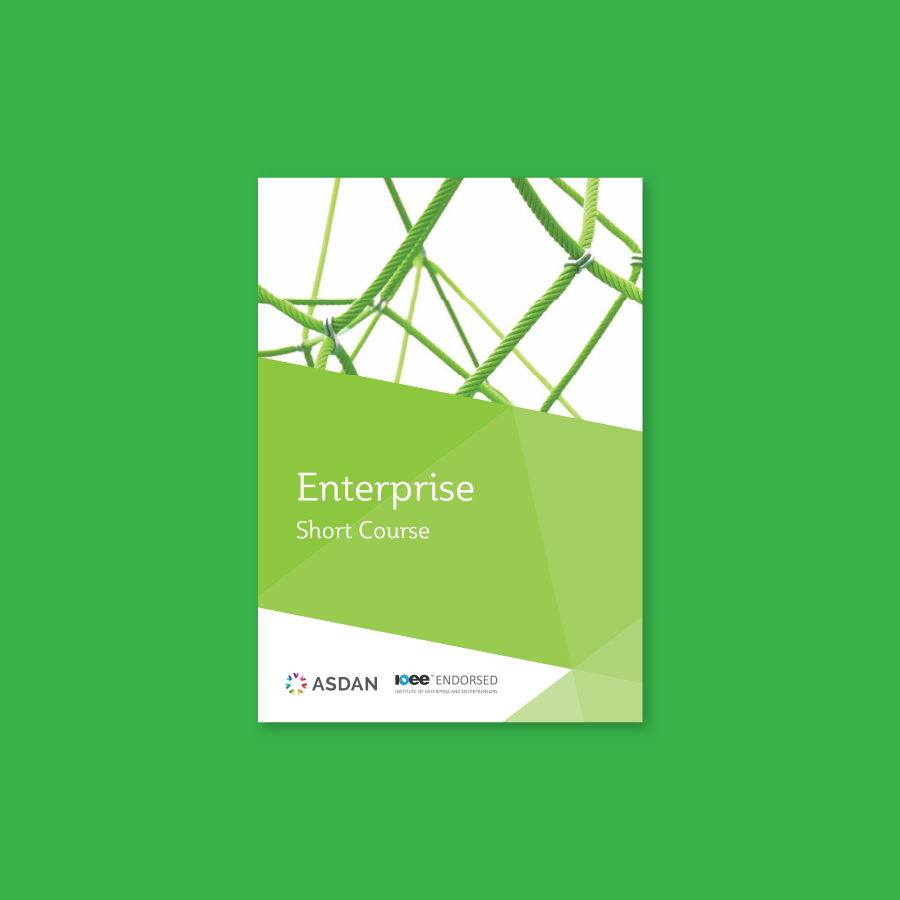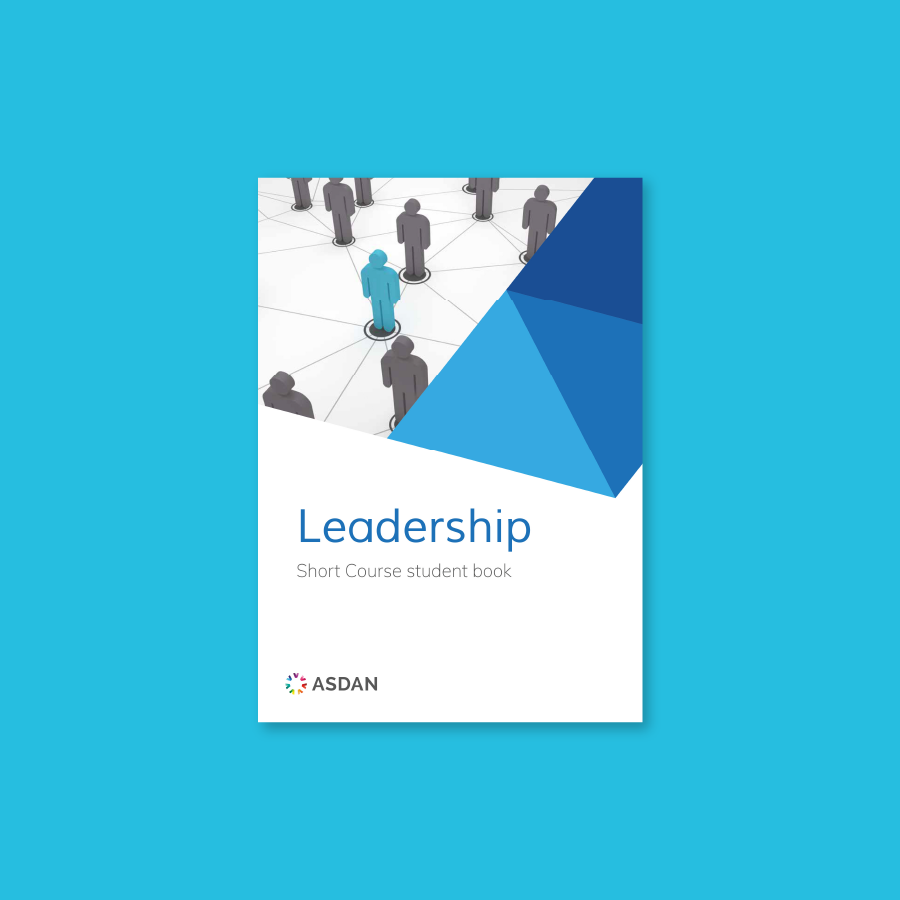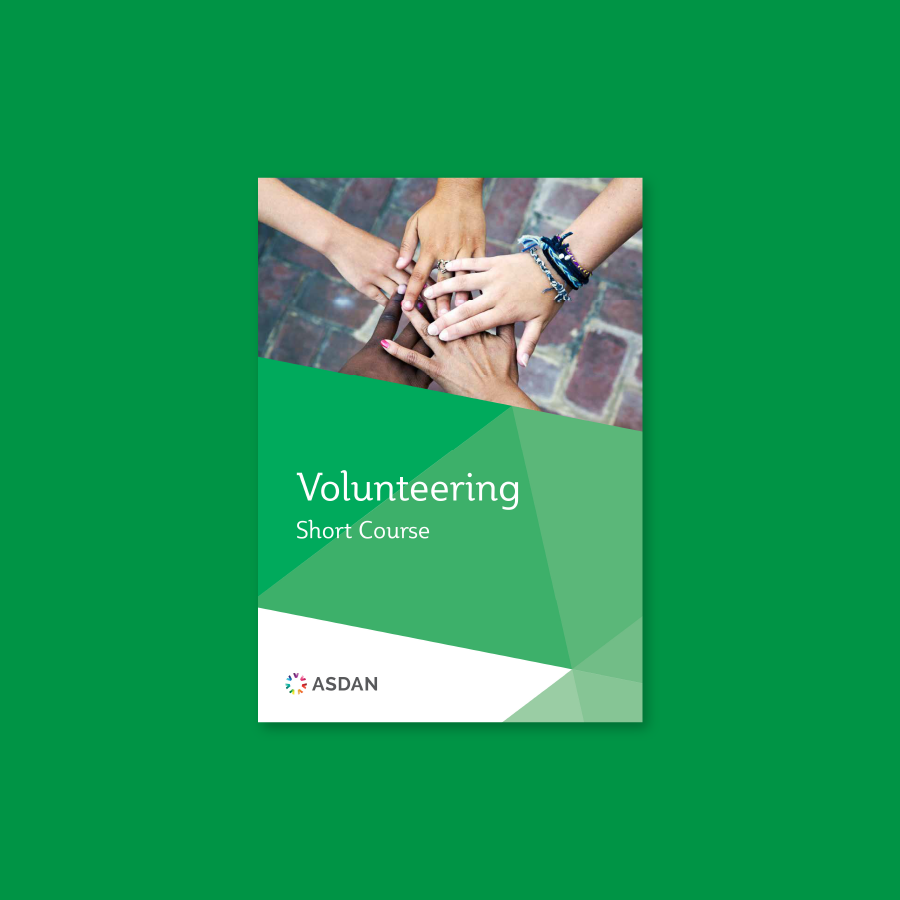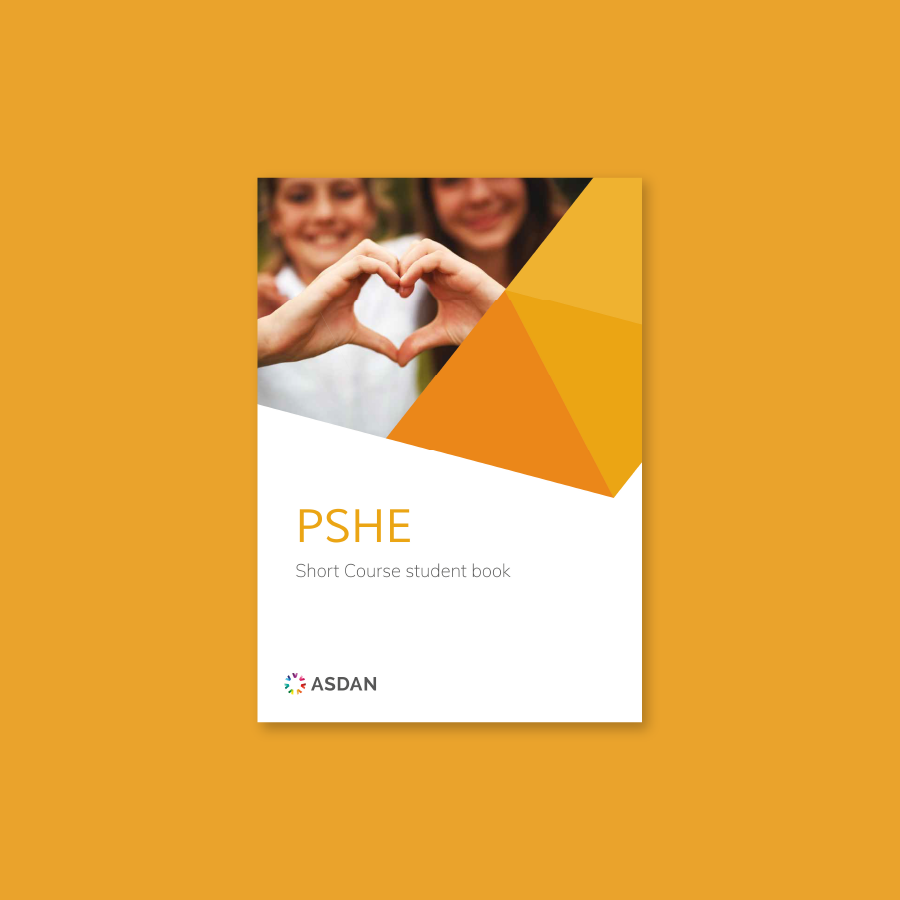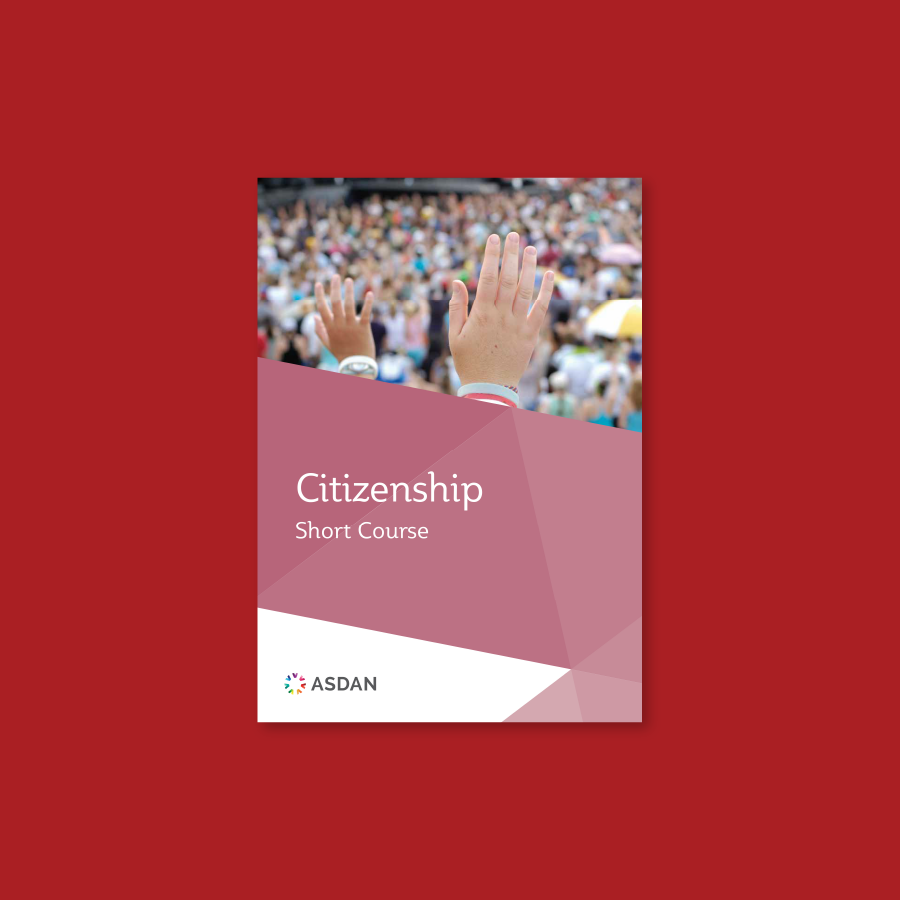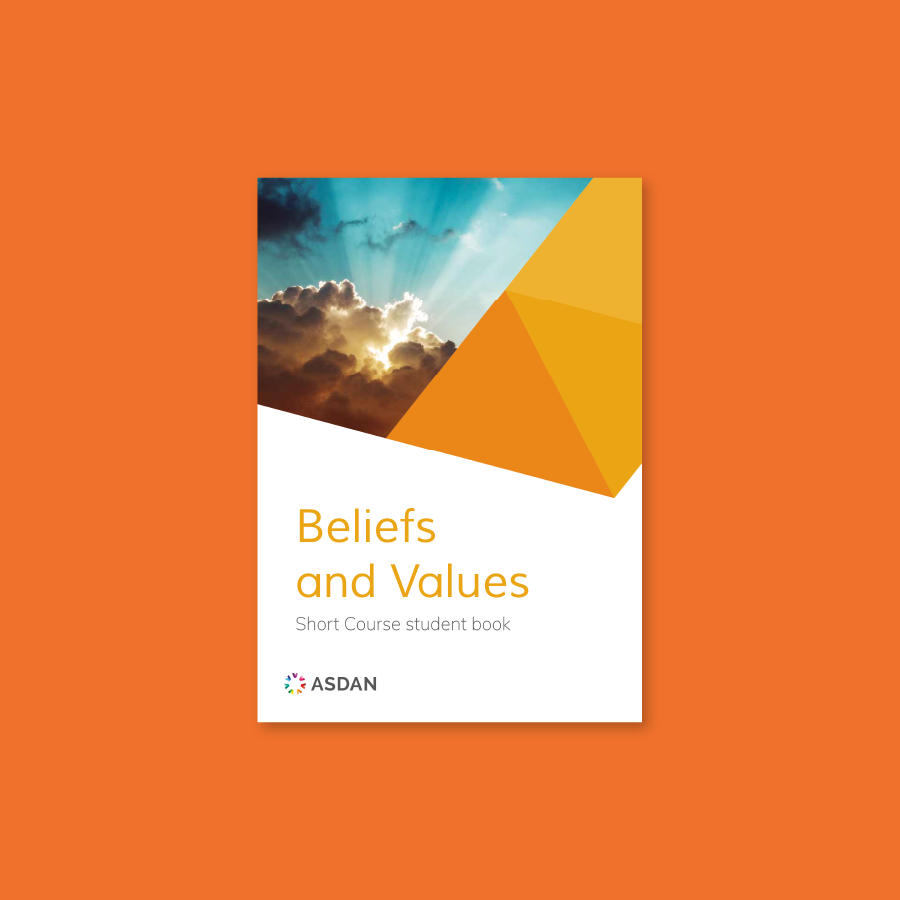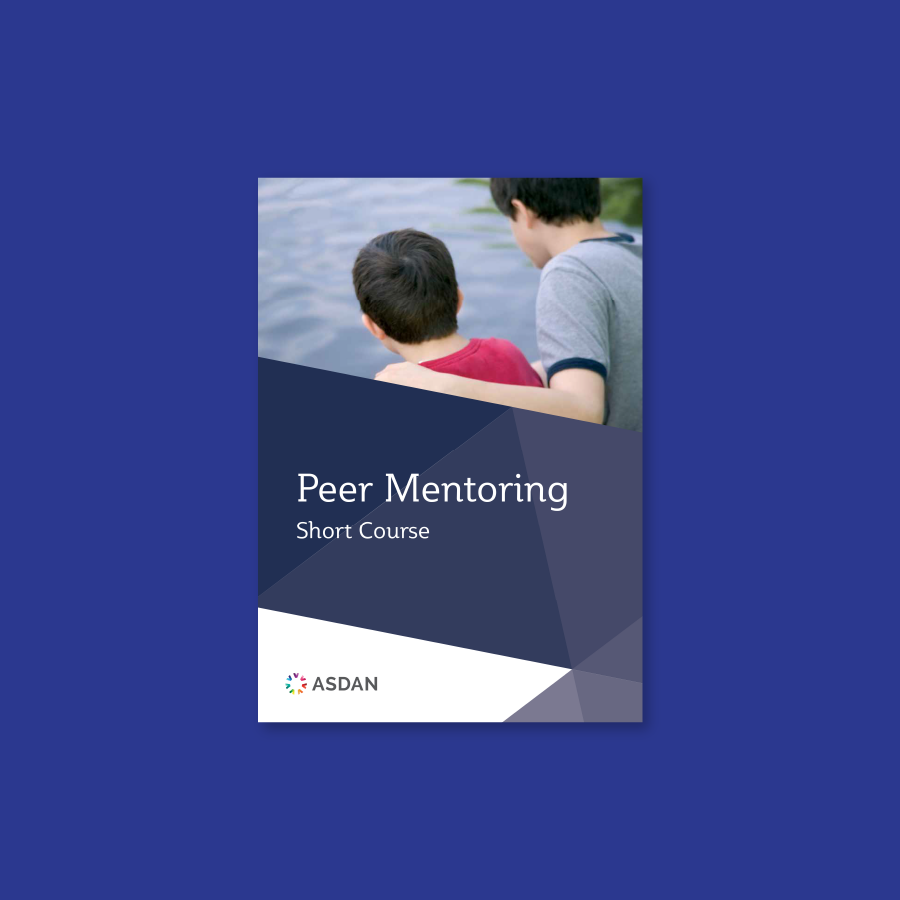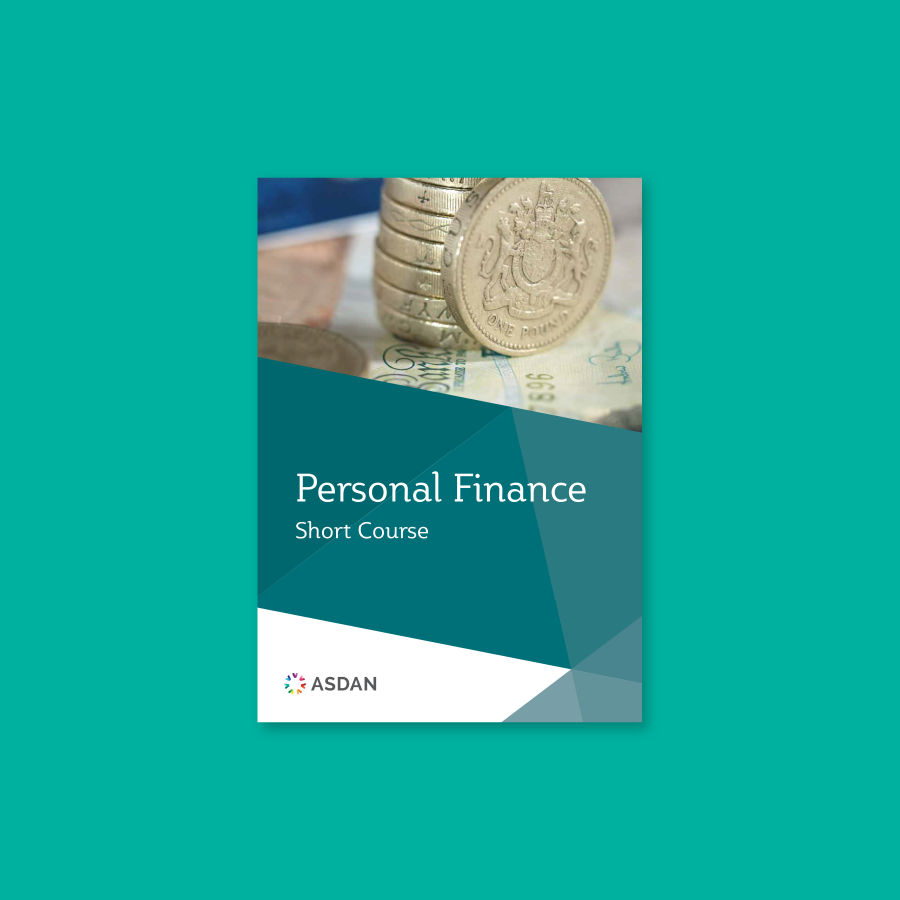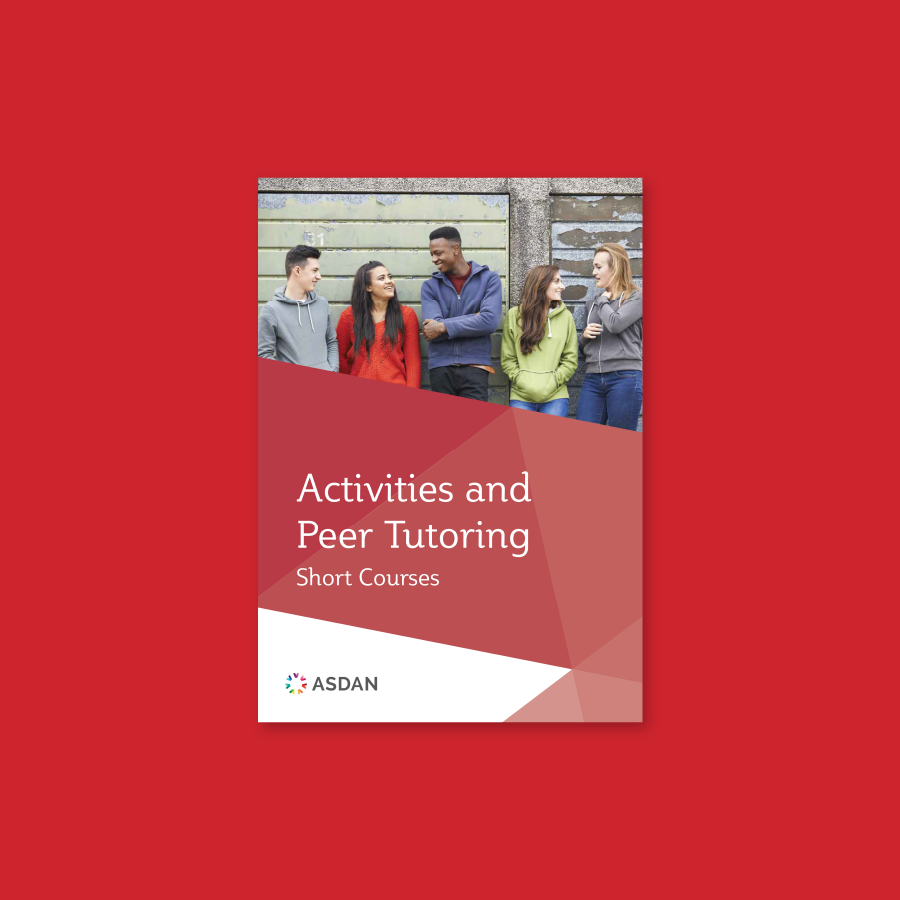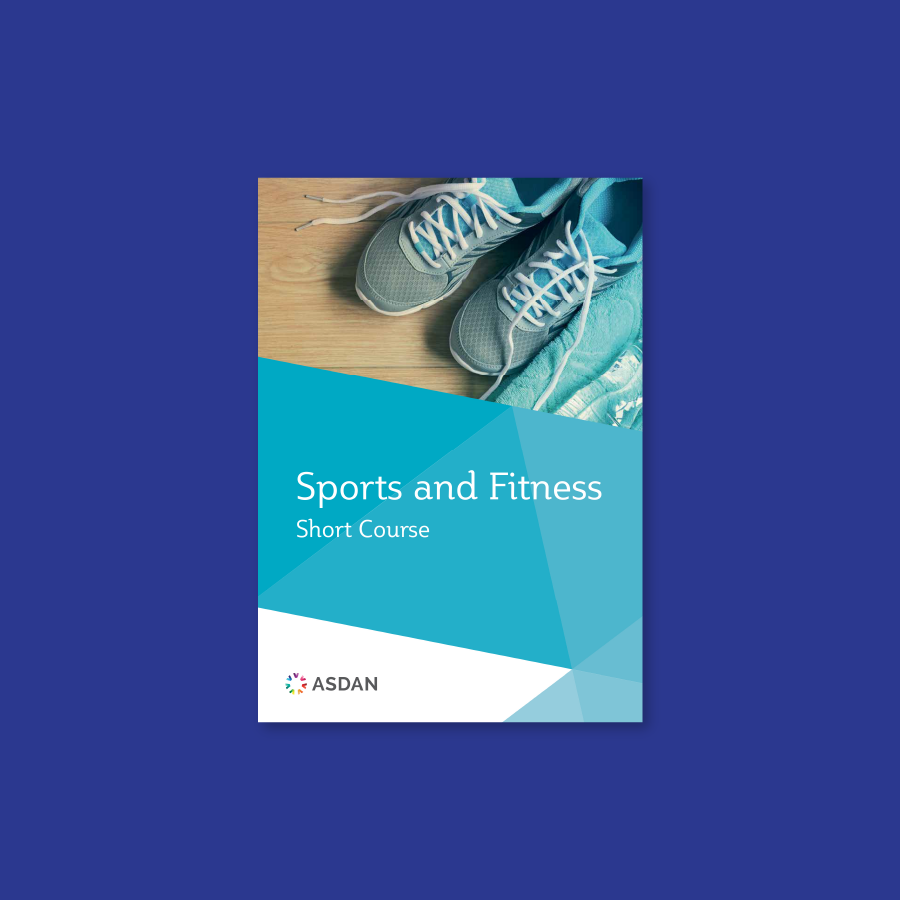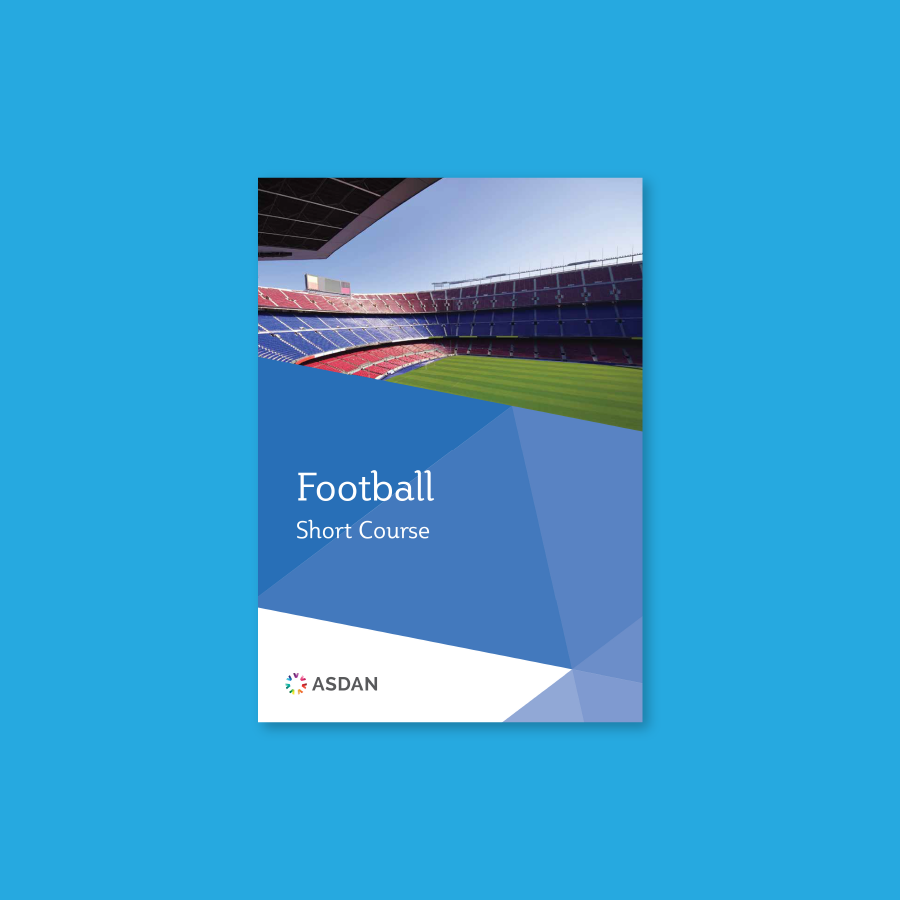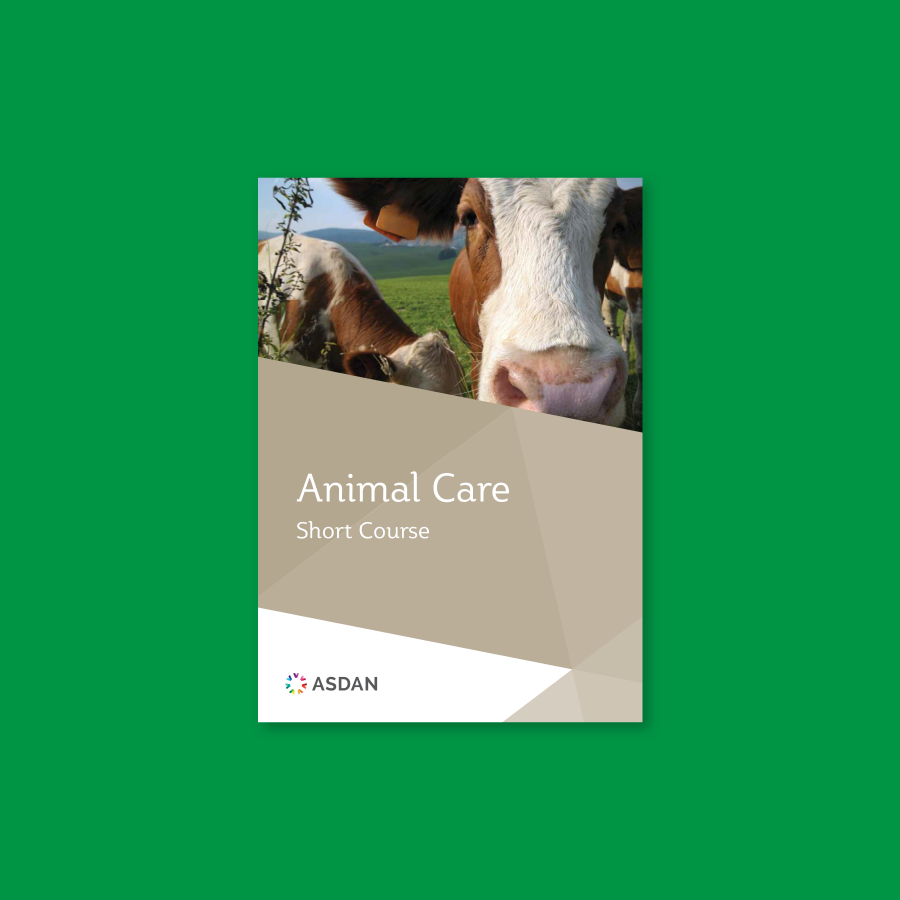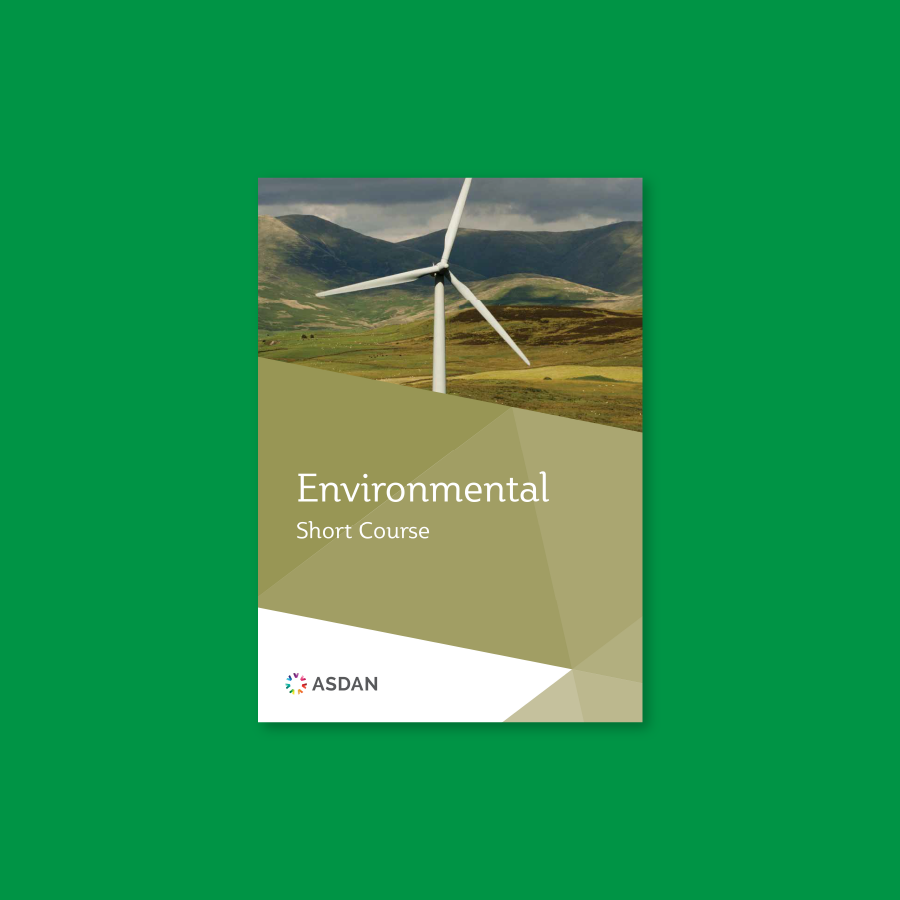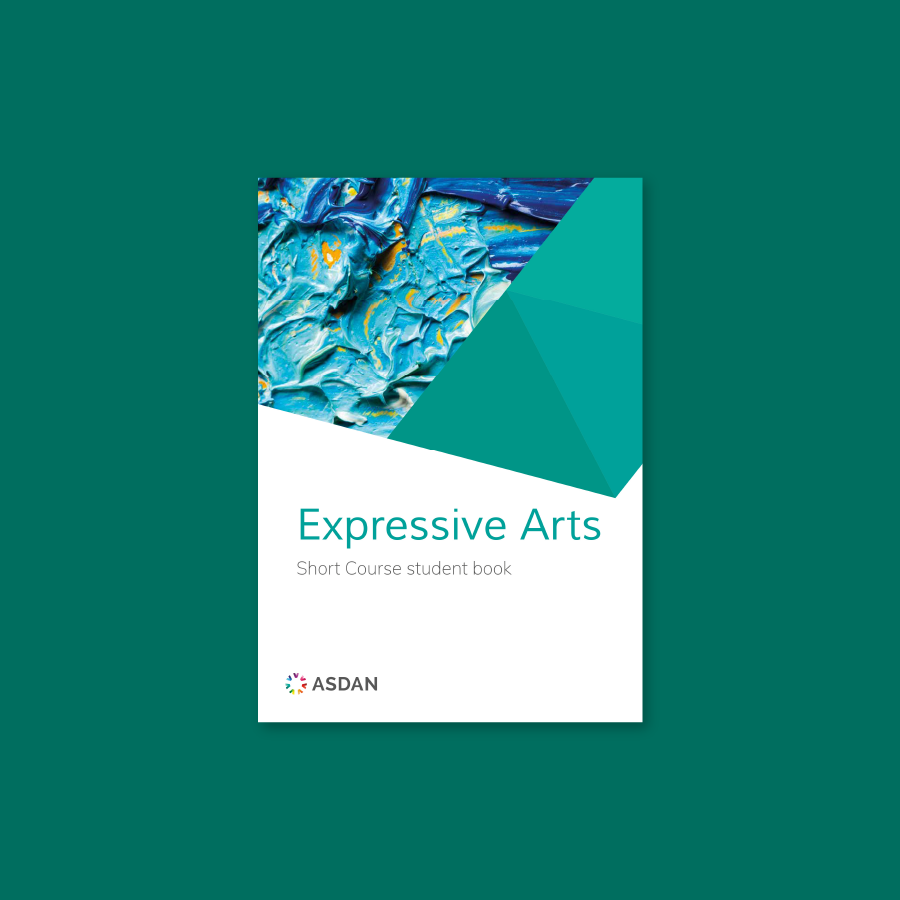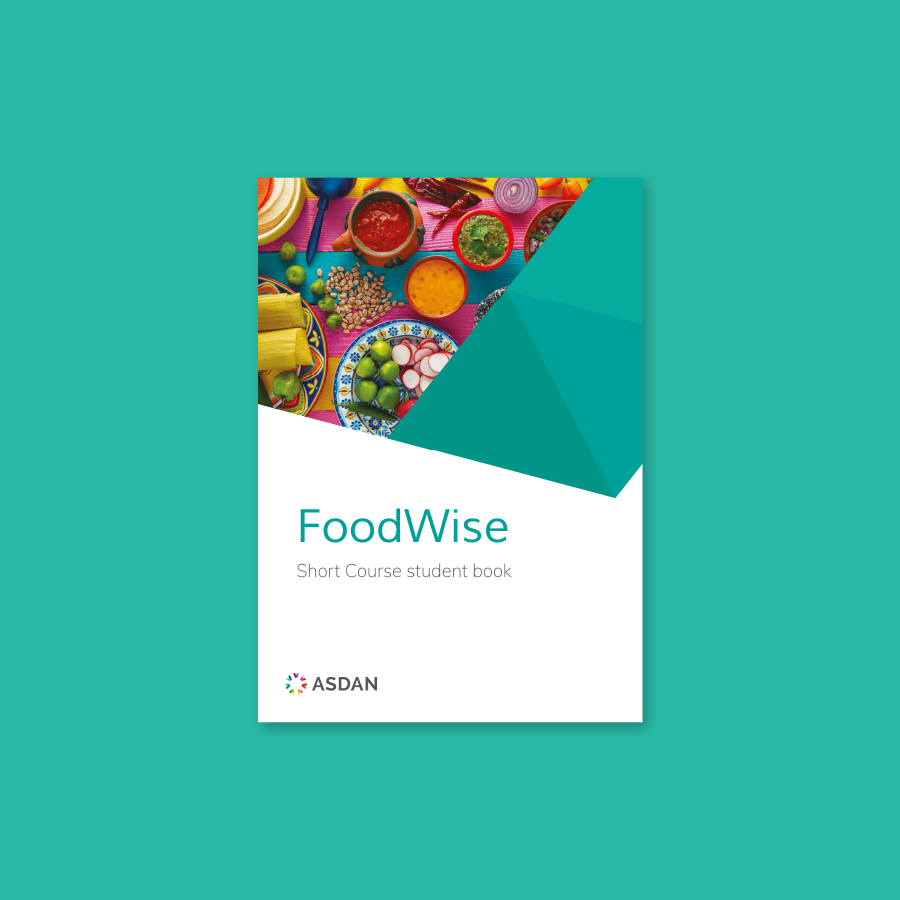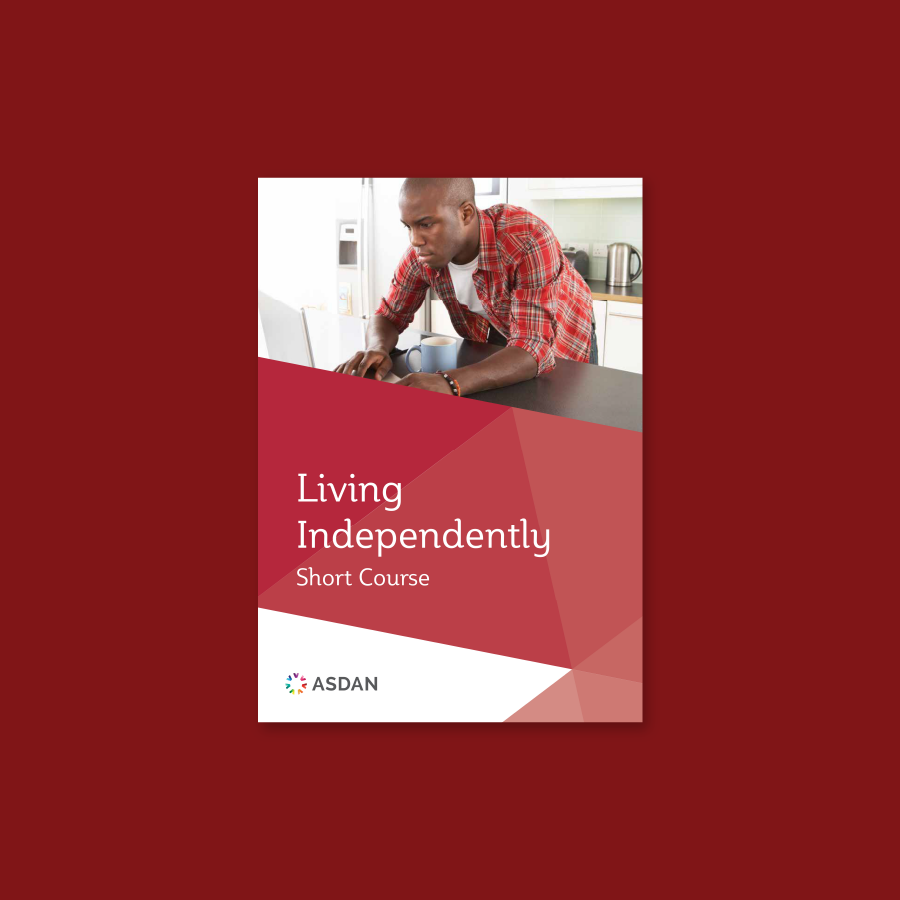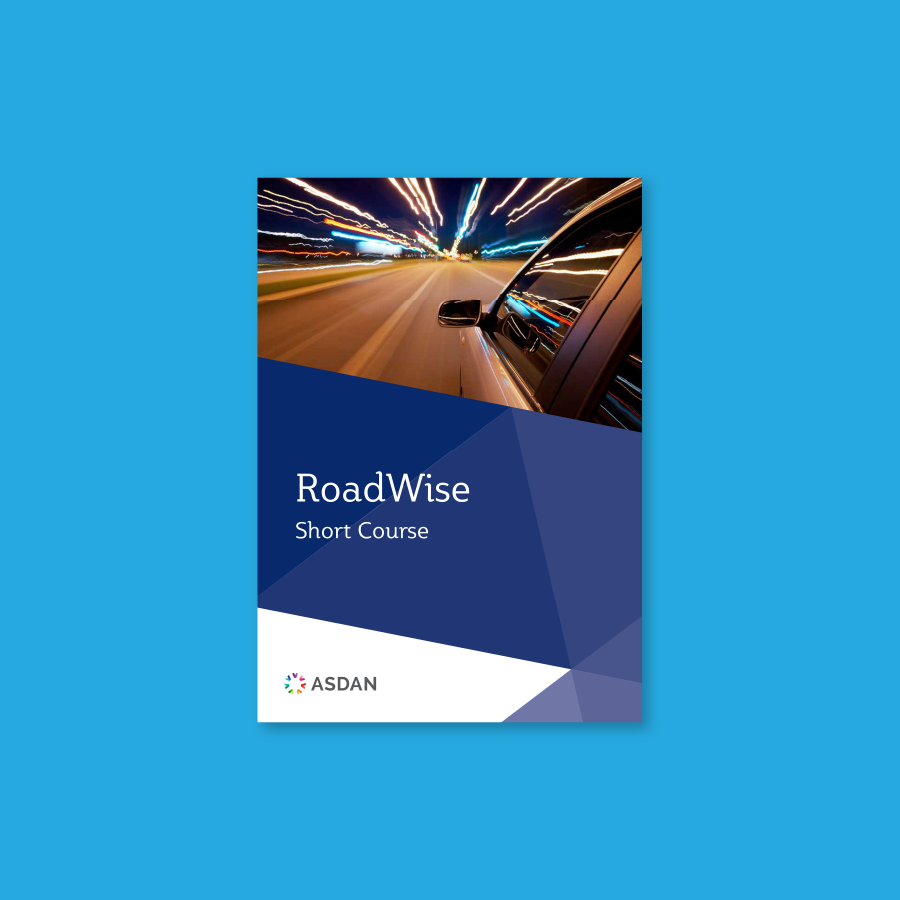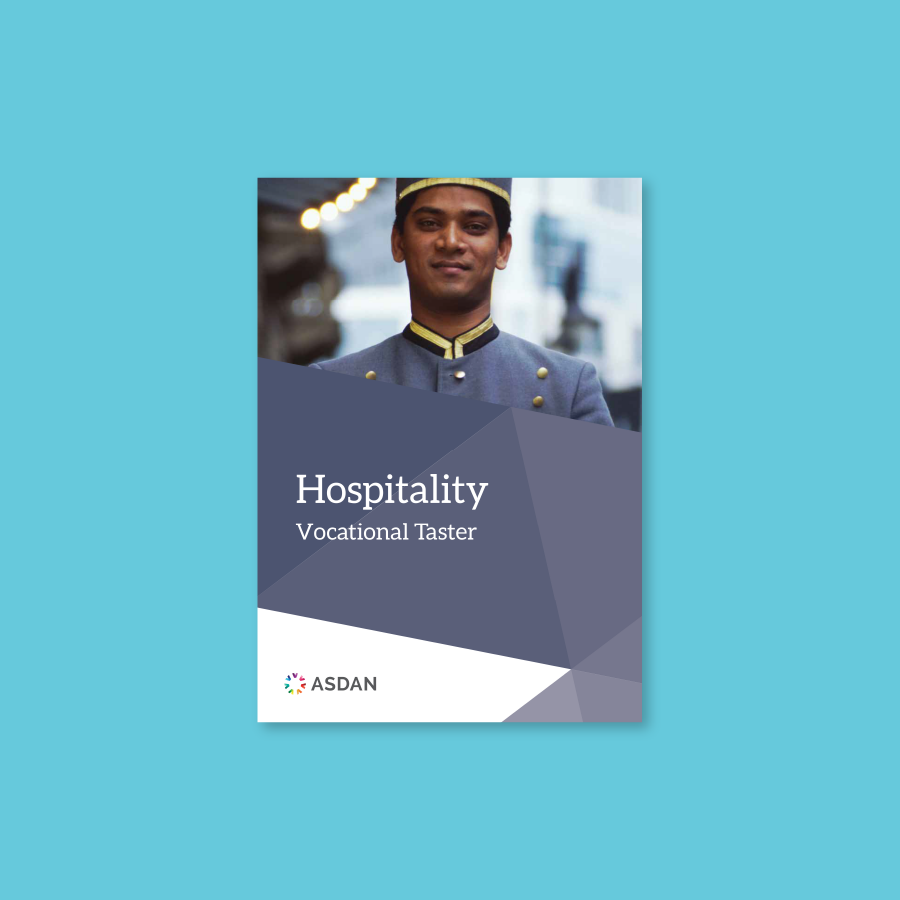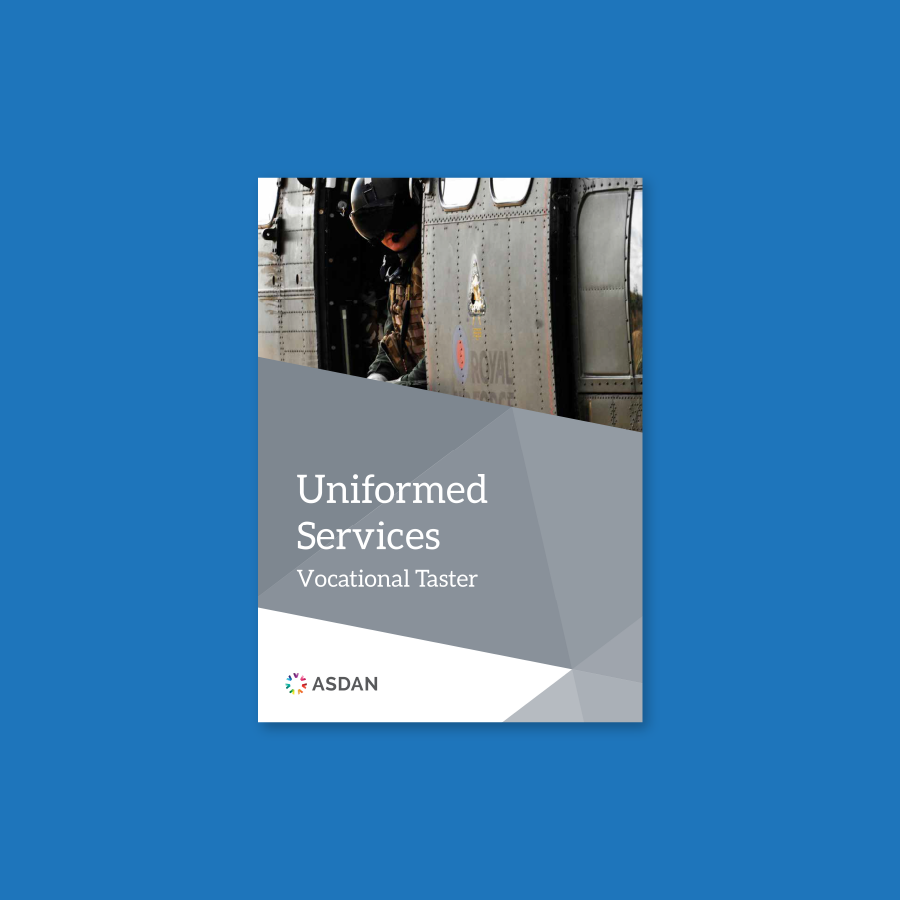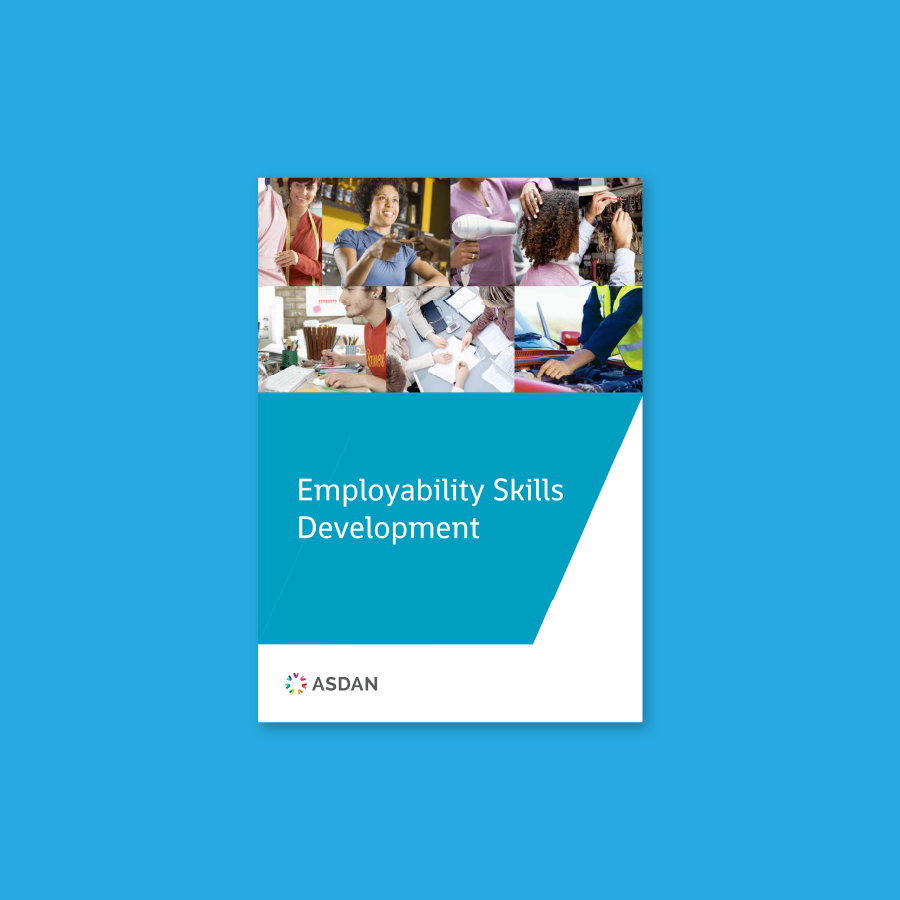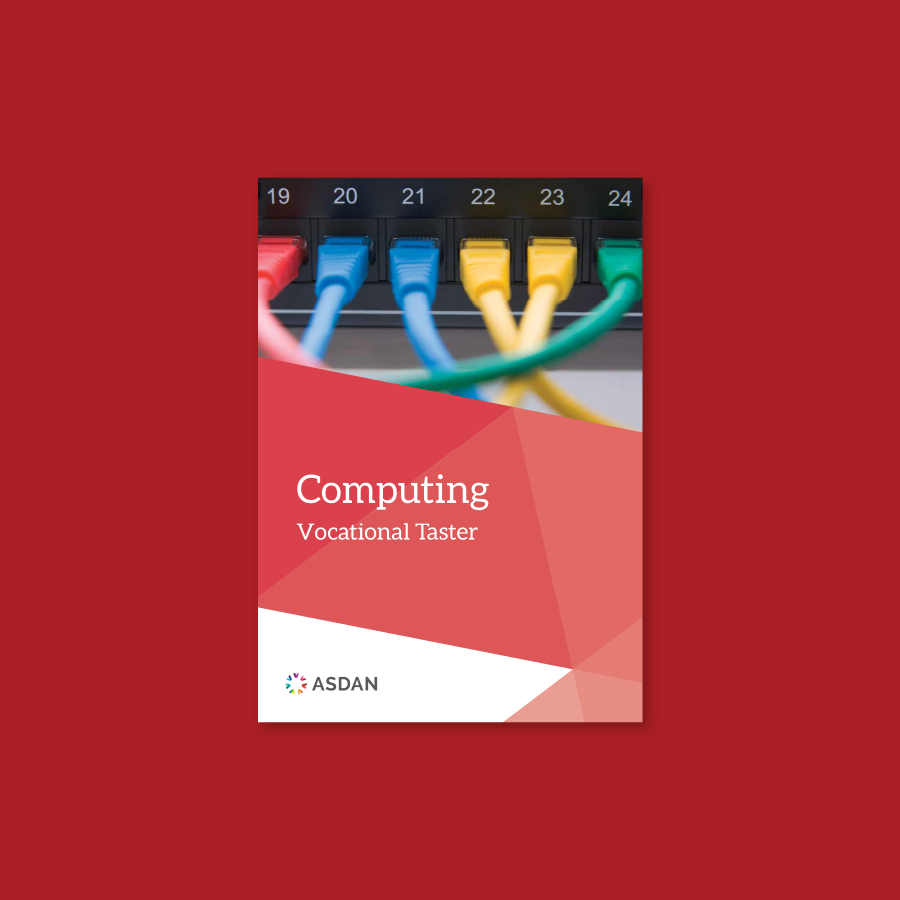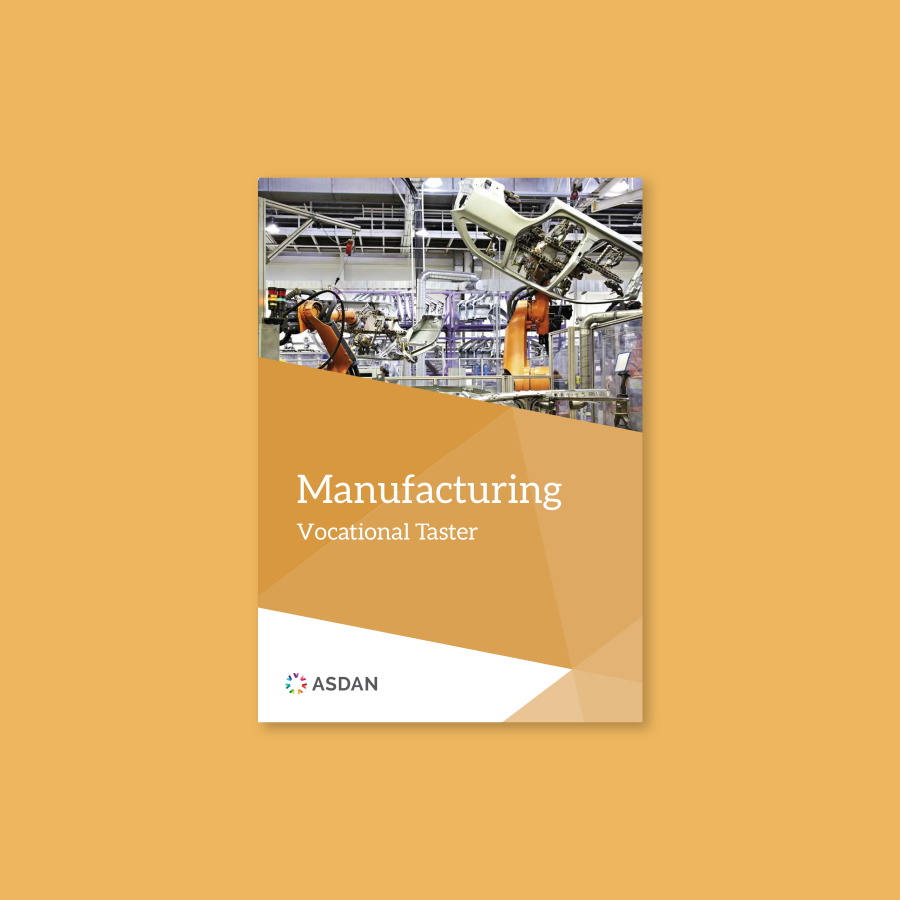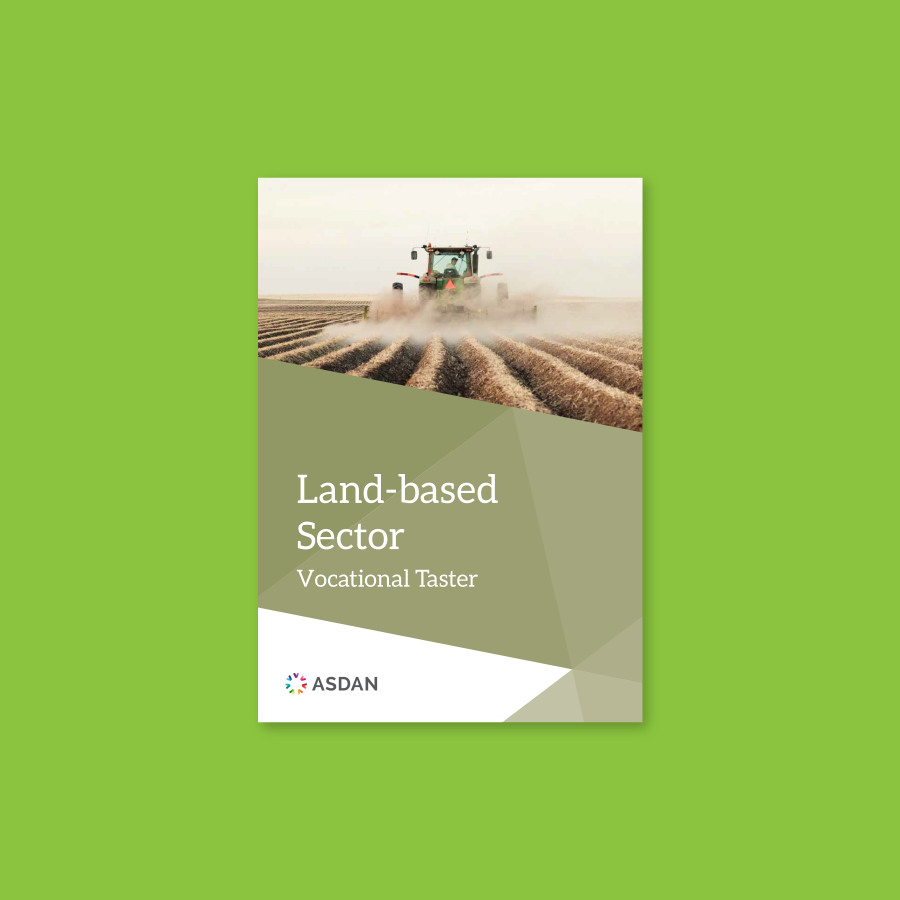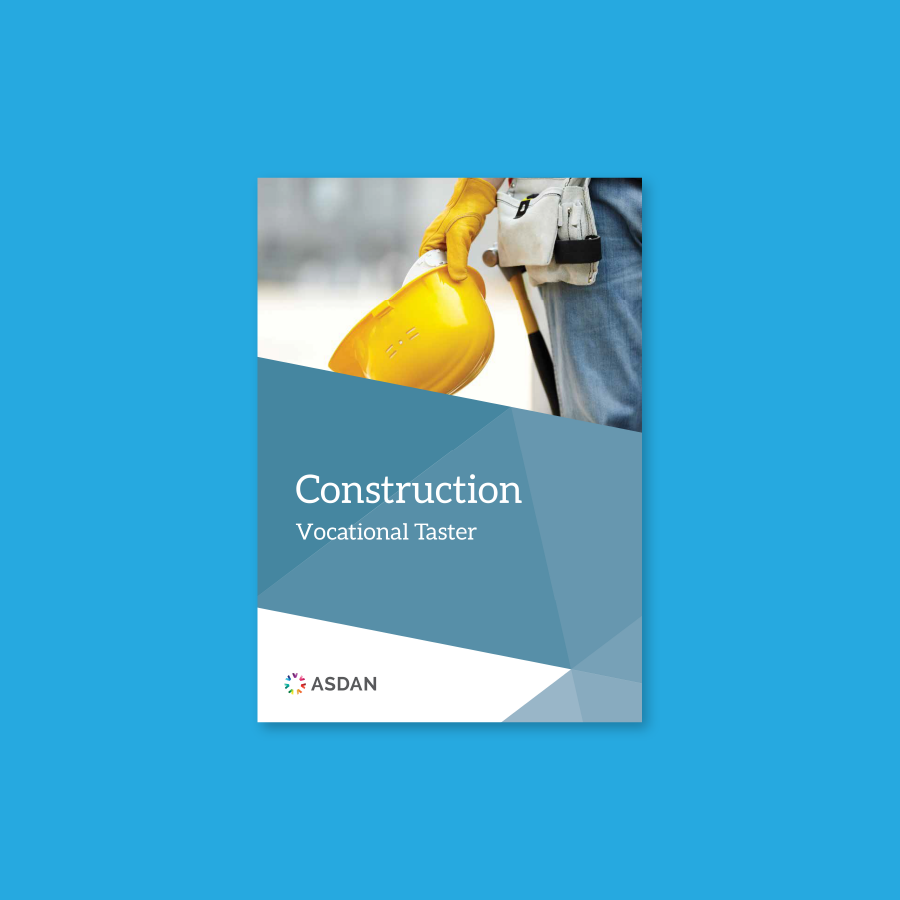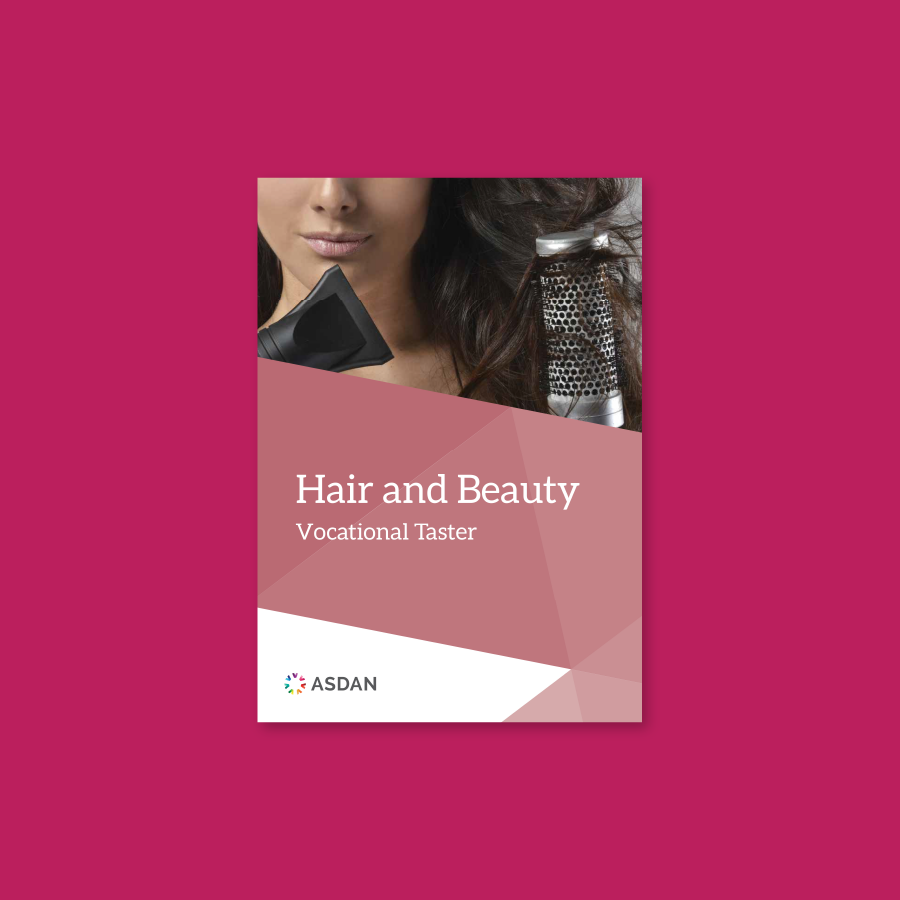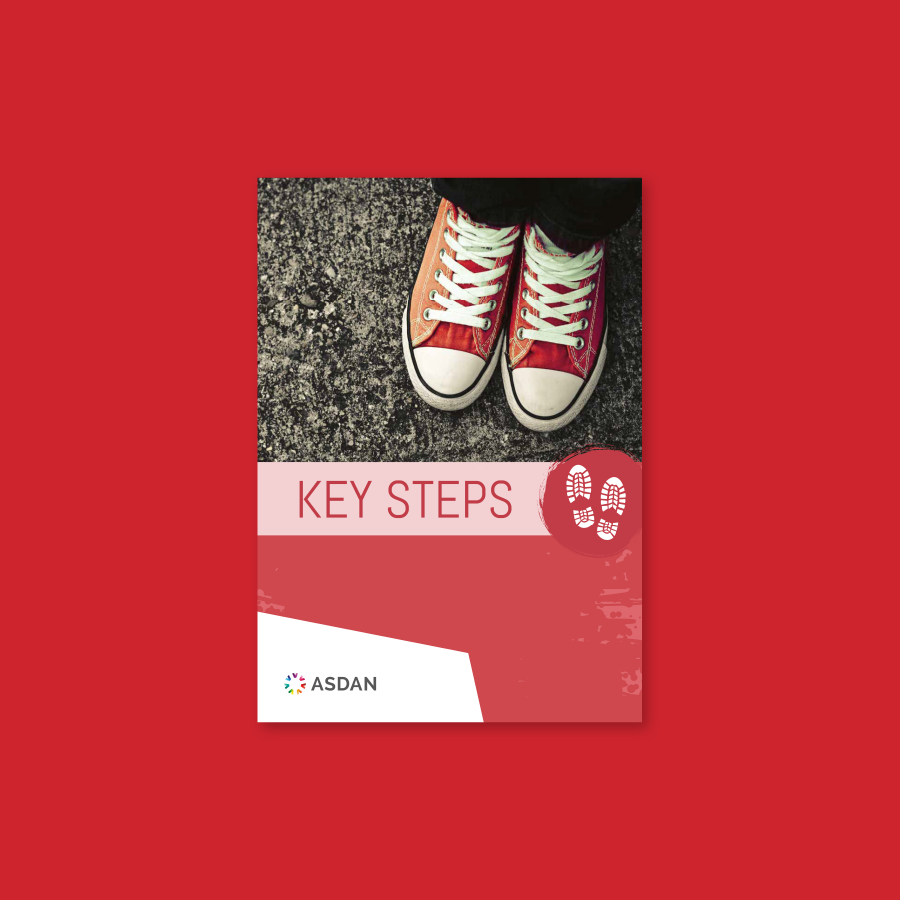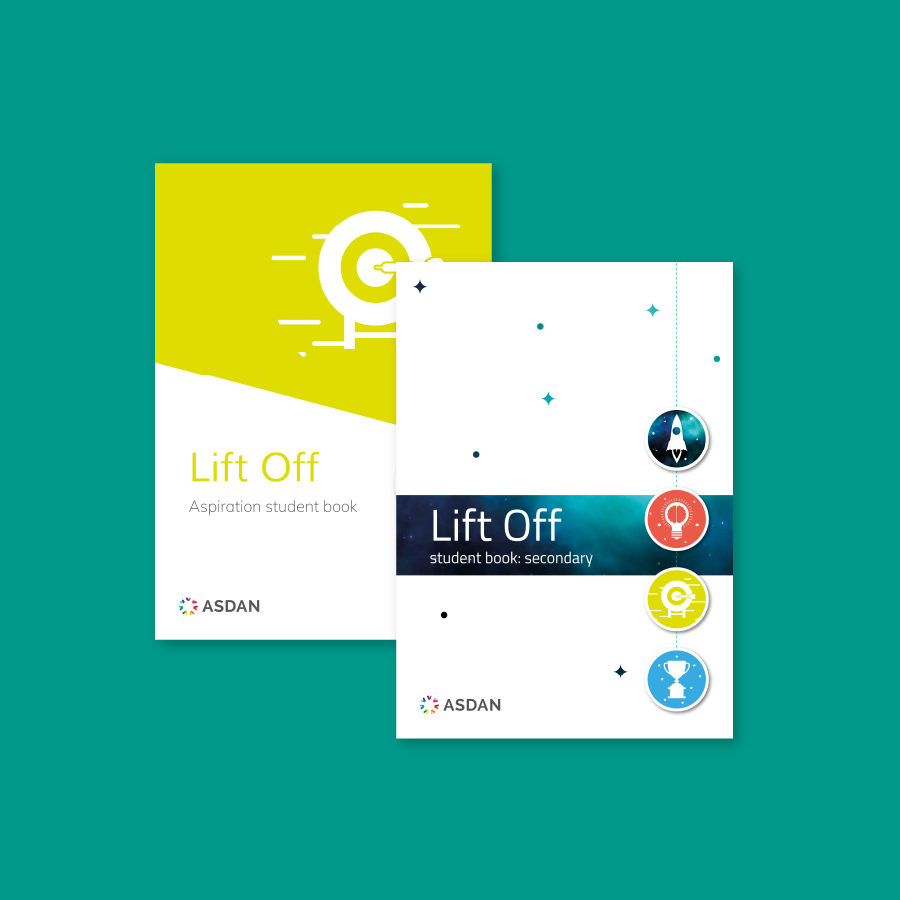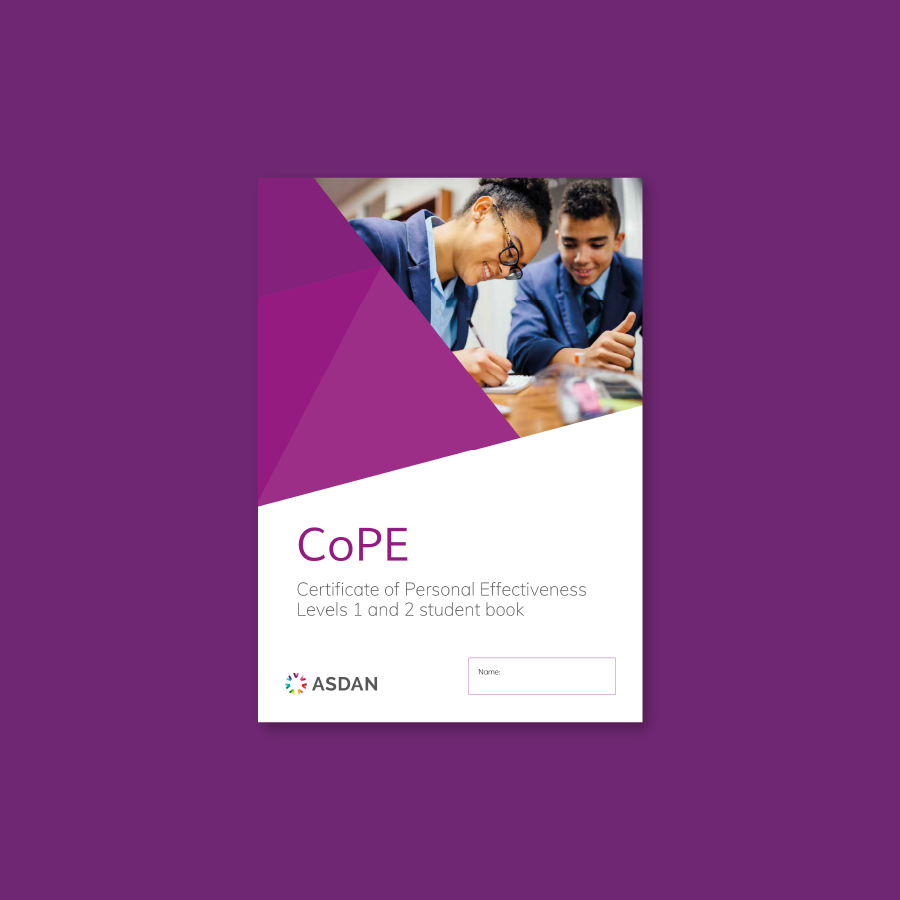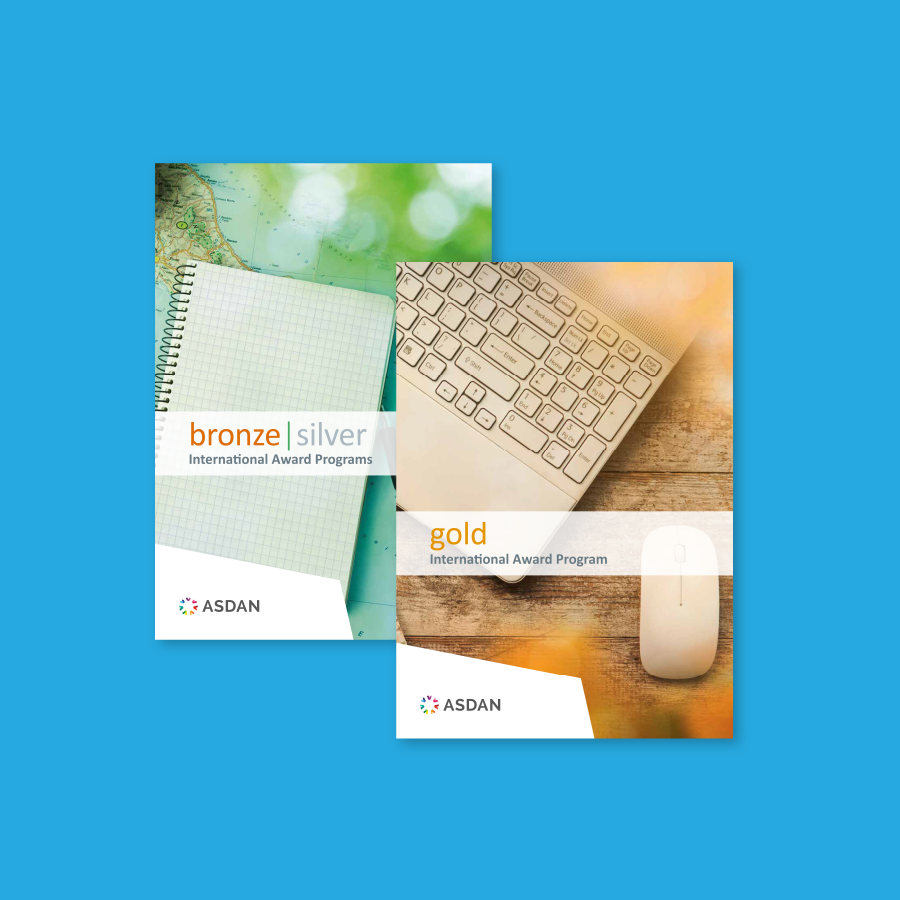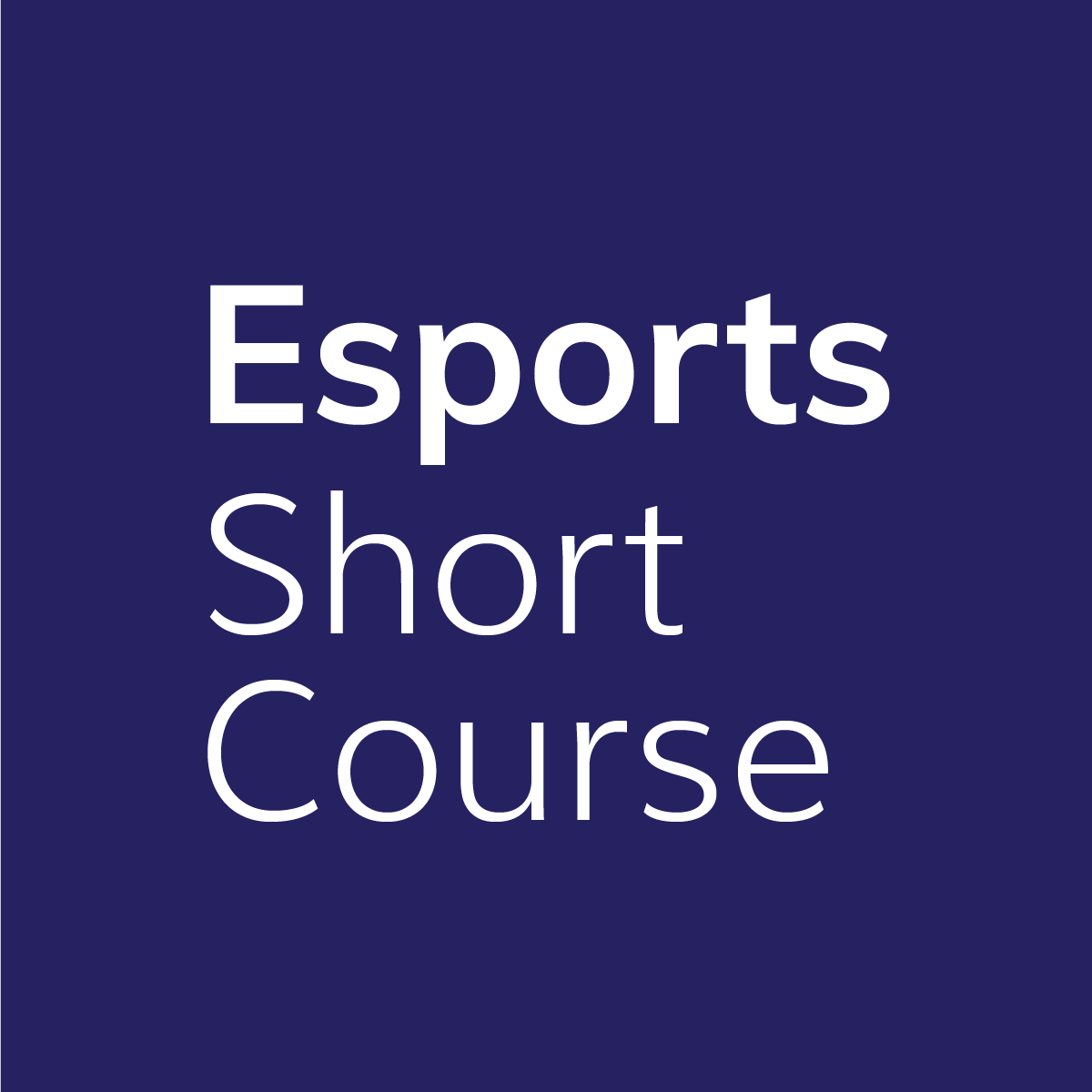Secondary schools
Secondary schools
ASDAN's programmes and qualifications for secondary schools range from helping learners make a successful start in secondary education to boosting engagement and motivation, developing core skills, and enhancing academic performance.
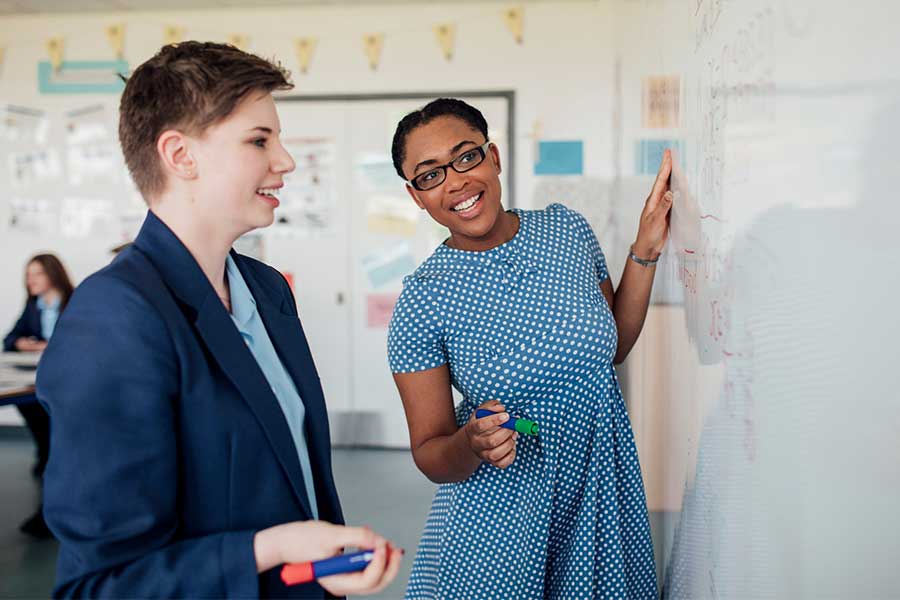
ASDAN’s courses help boost learners’ engagement and motivation at GCSE, fostering new skills and growing confidence.
Our redeveloped Personal Development Programmes (Bronze, Silver, Gold) develop, record and certificate learners’ personal qualities, abilities and achievements.
ASDAN's Personal Effectiveness qualifications Award of Personal Effectiveness (AoPE) and Certificate of Personal Effectiveness (CoPE) are available at Levels 1, 2 and 3. These qualifications support children and young adults to develop competencies vital to becoming successful adults, including collaboration, problem solving, communication and managing their own learning.
The innovative Lift Off programme helps learners aged 10-12 develop the skills, confidence and resilience to make a successful transition from primary to secondary school. This activity-based course fosters characteristics and attributes such as self-worth, self-control, determination, communication, collaboration and problem solving.
ASDAN's Short Courses provide accreditation for 10 to 60 hours of activities. Titles include:
- PSHE, which provides flexible and engaging ways of helping pupils develop the knowledge, skills and attributes to keep themselves healthy and safe and prepare to thrive in life
- Beliefs and Values, which is a flexible, accessible alternative to religious education at GCSE
- Citizenship, which helps schools meet statutory requirements at Key Stages 3 and 4 in England, as well as promoting awareness of rights and responsibilities for learners across the UK
ASDAN's programmes and qualifications help centres meet many Ofsted requirements including:
- pride in achievement and commitment to learning
- developing self-confidence, self-awareness and understanding of how to be a successful learner
- gaining employability skills so that learners are well prepared for the next stage of their education, employment, self-employment or training
- understanding how to keep themselves safe from risks such as abuse, sexual exploitation and extremism, including when using the internet and social media
- knowledge of how to keep themselves healthy, both emotionally and physically, including through exercising and healthy eating
- personal development, so that learners are well prepared to respect others and contribute to wider society
Need more information?
Our team can guide you towards the right course for you and your learners. Please fill out this expression of interest form and an ASDAN expert will be in touch.
